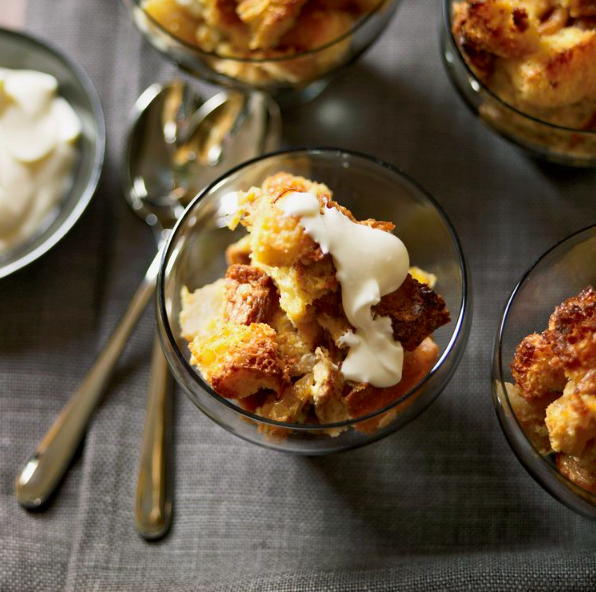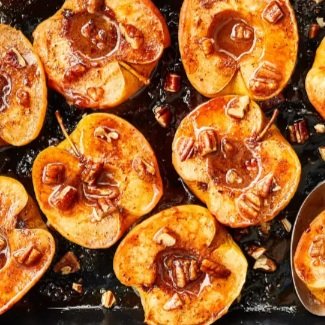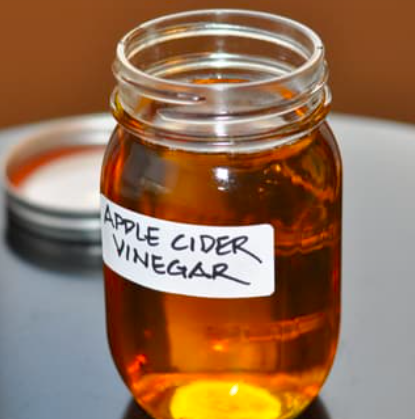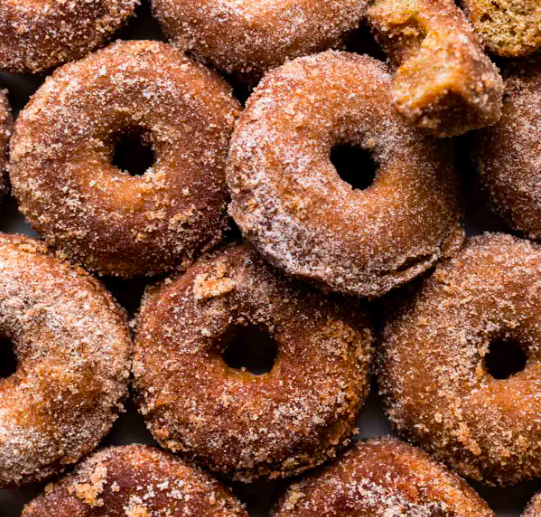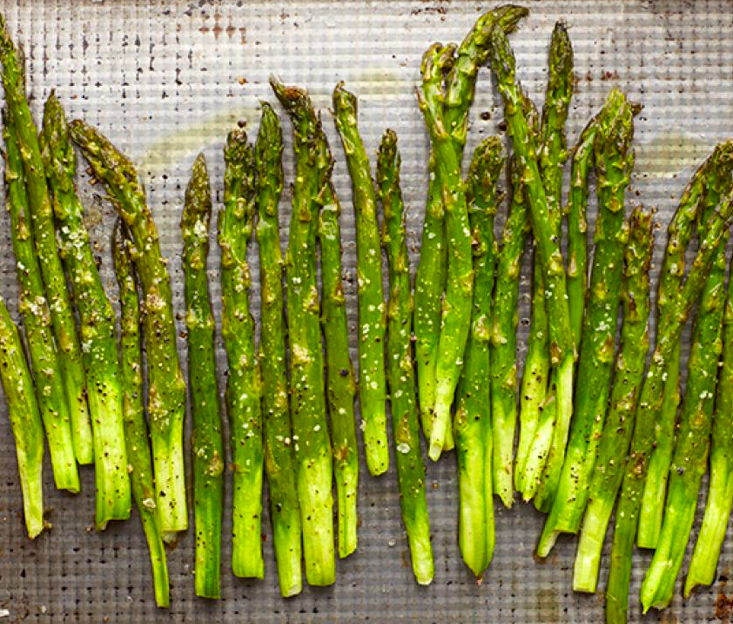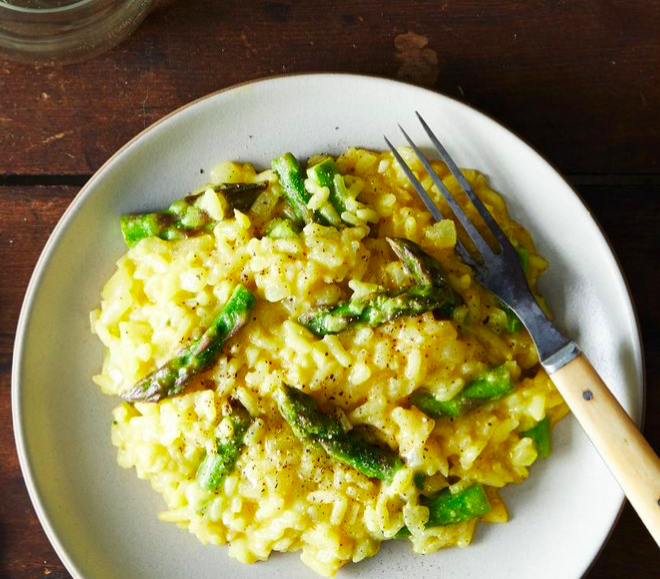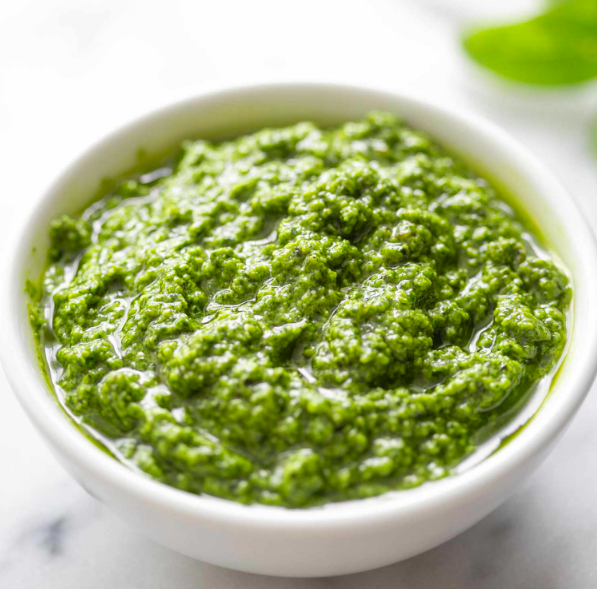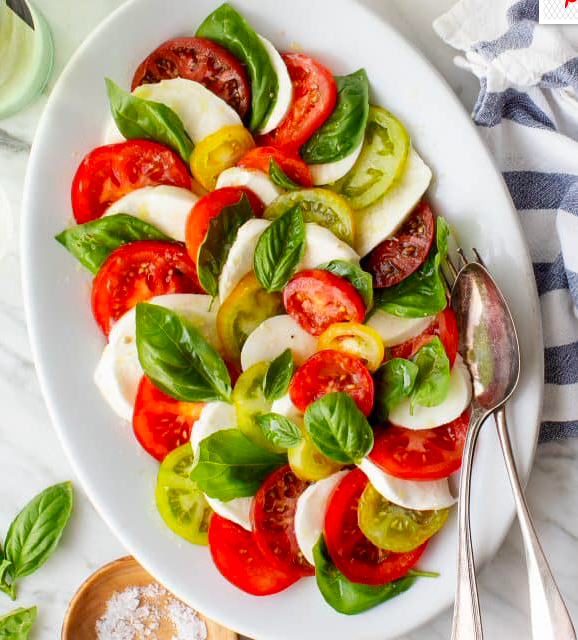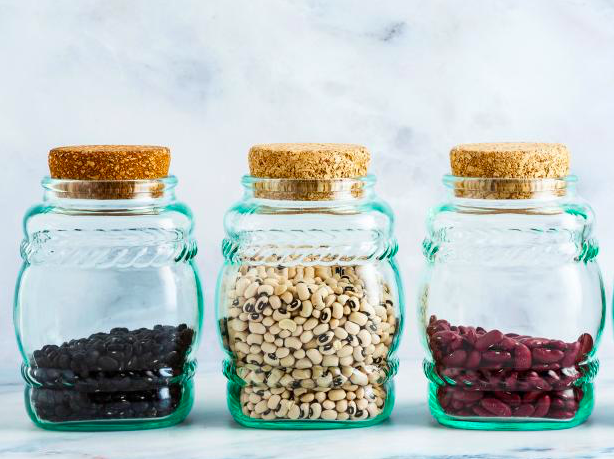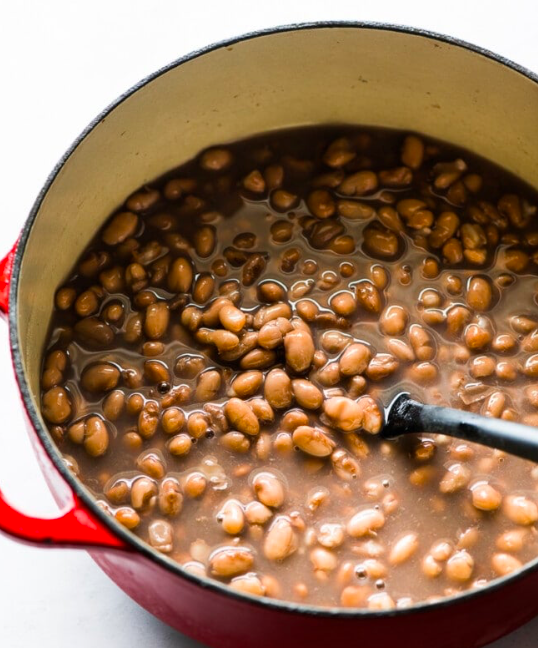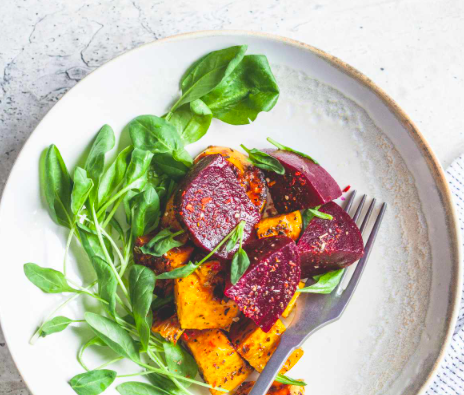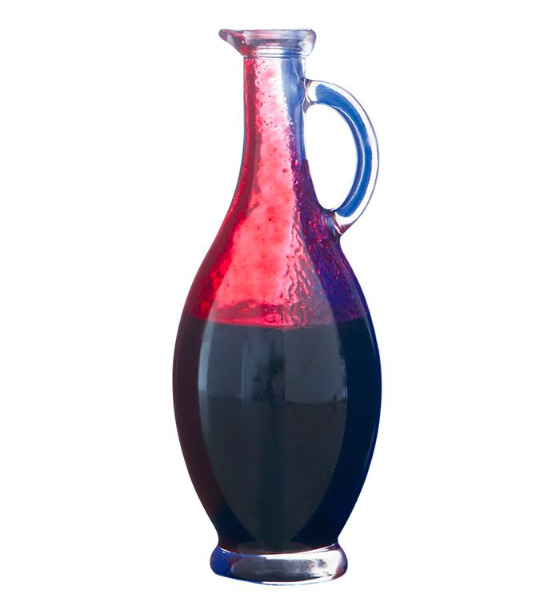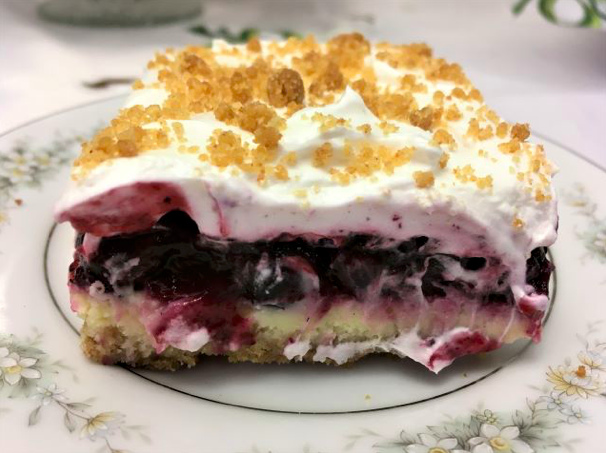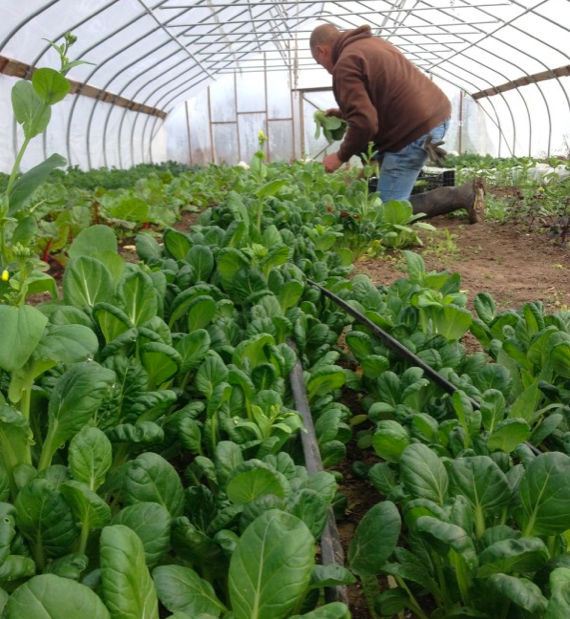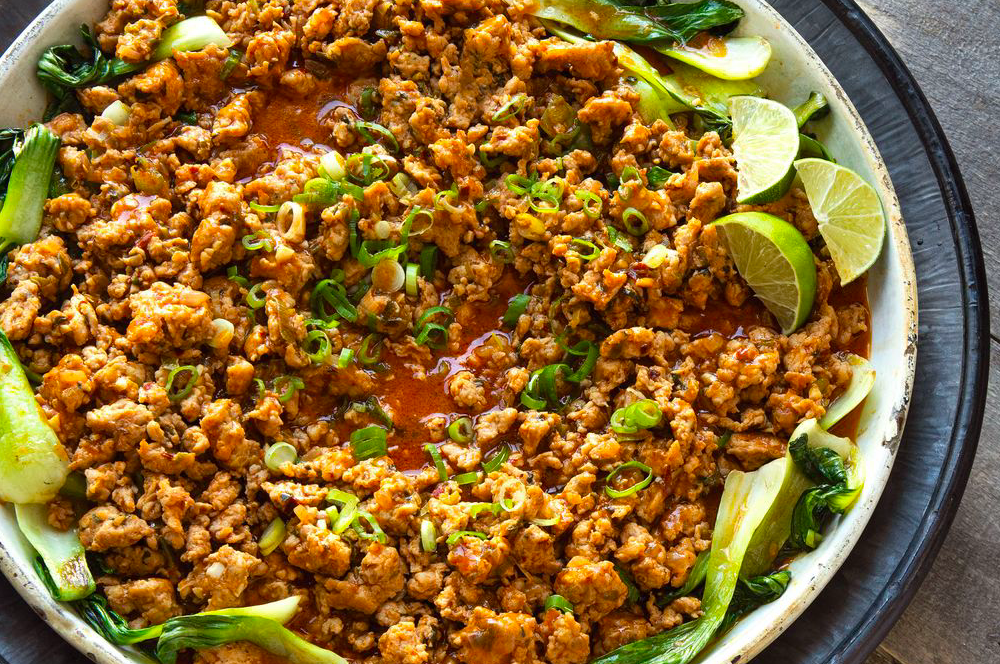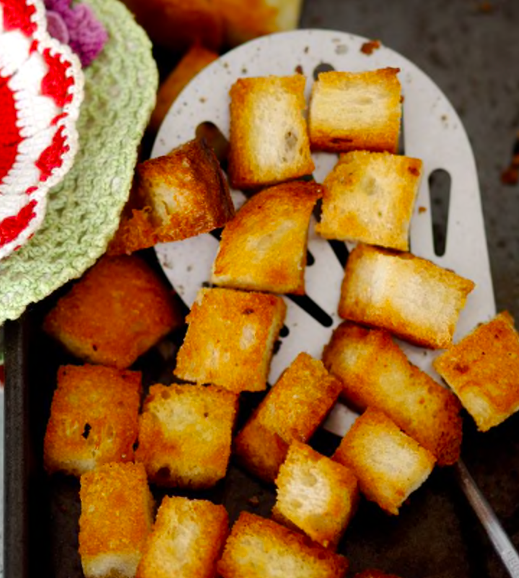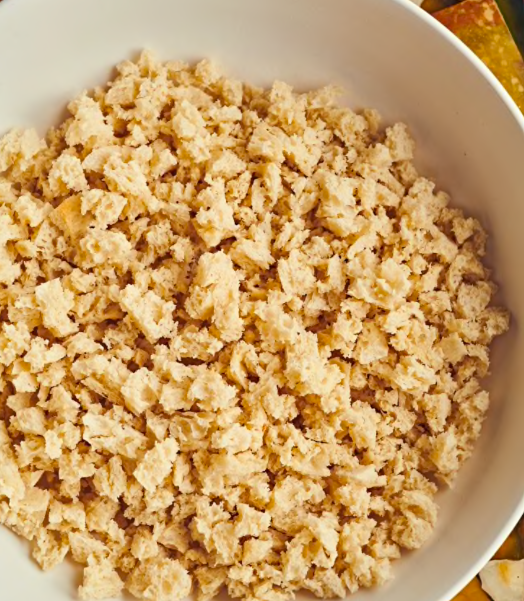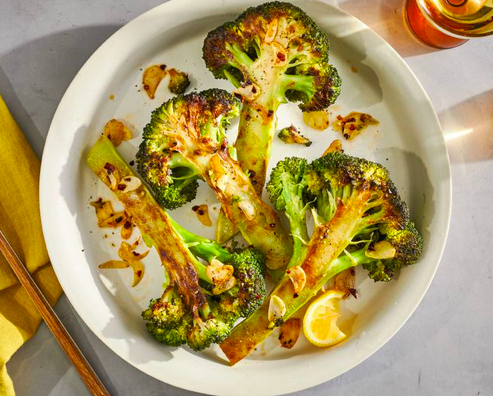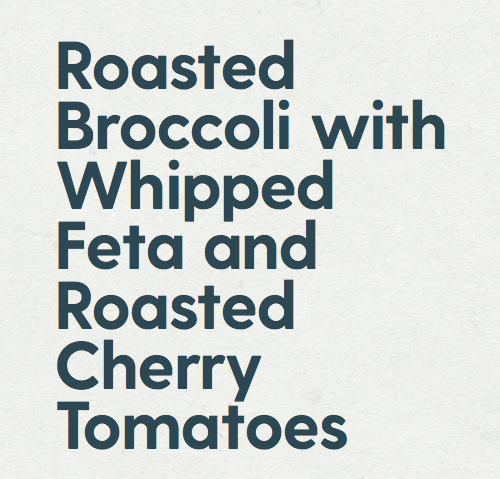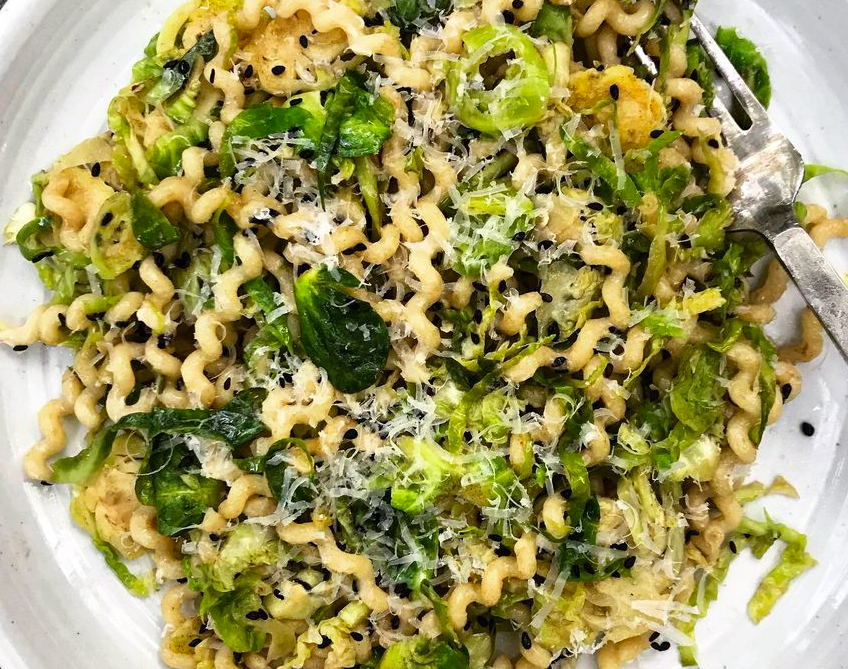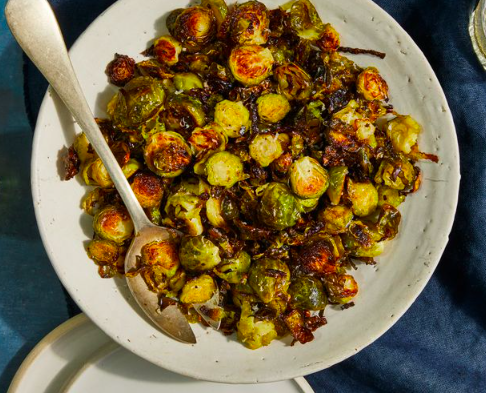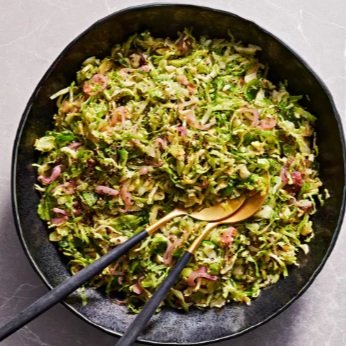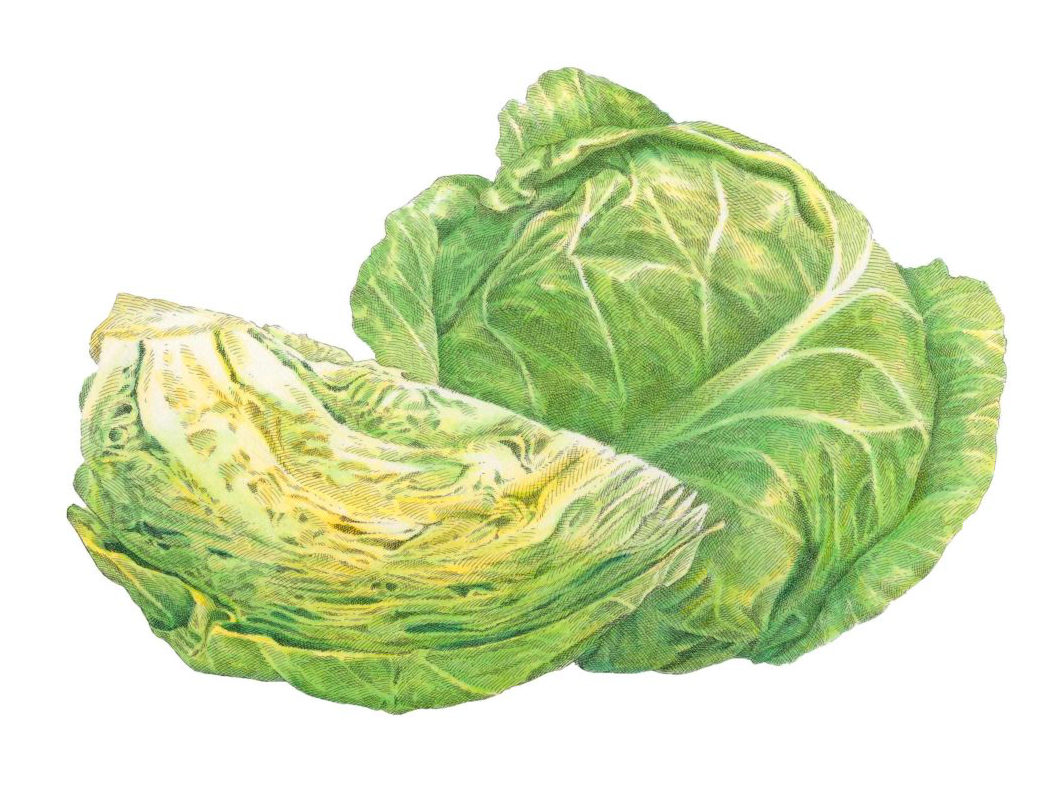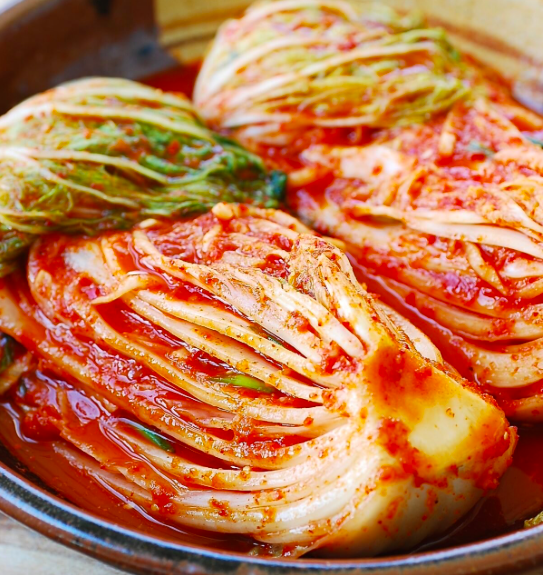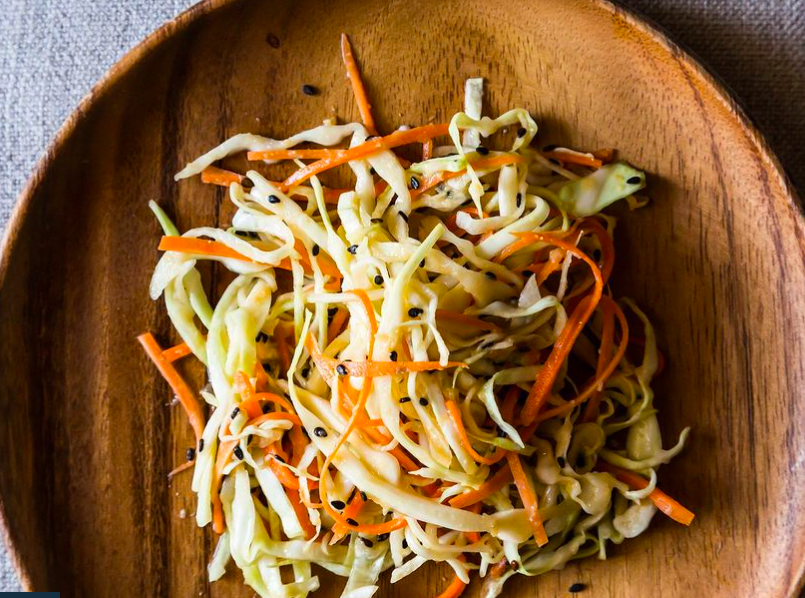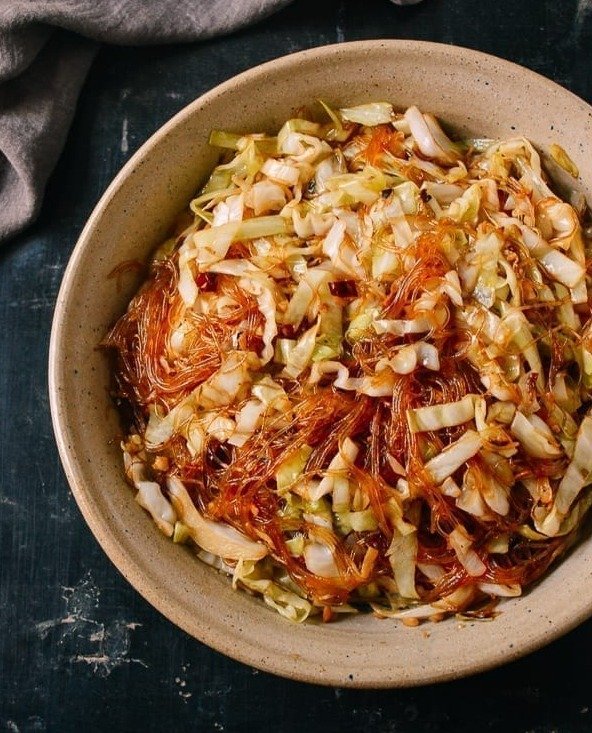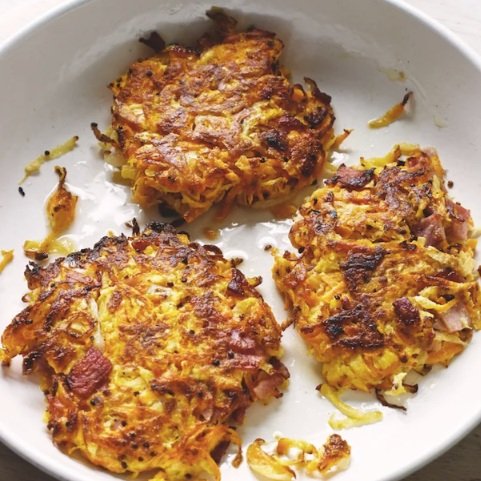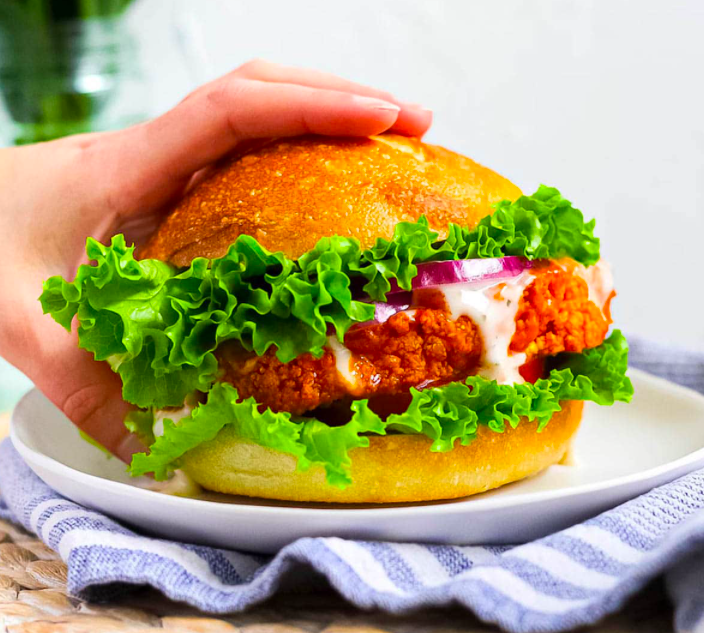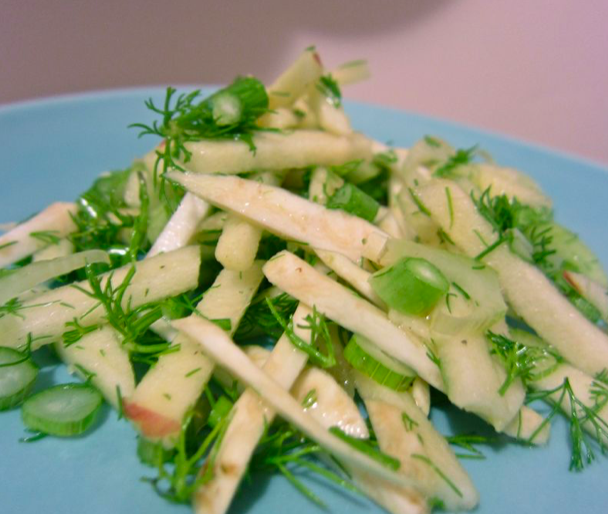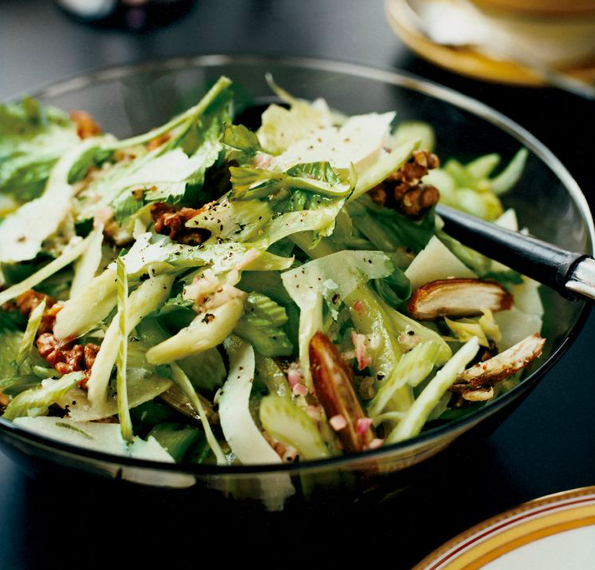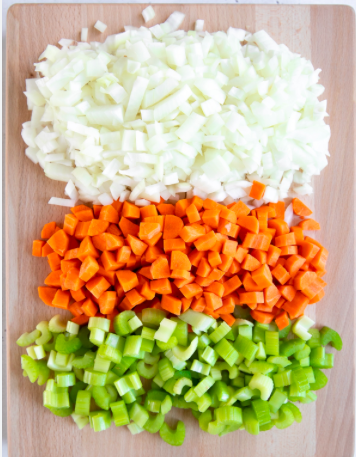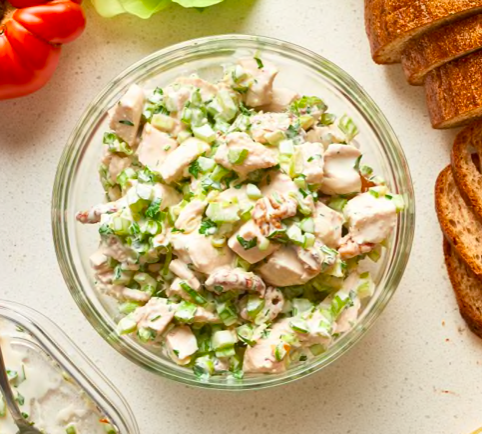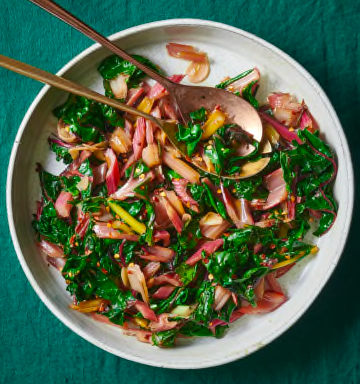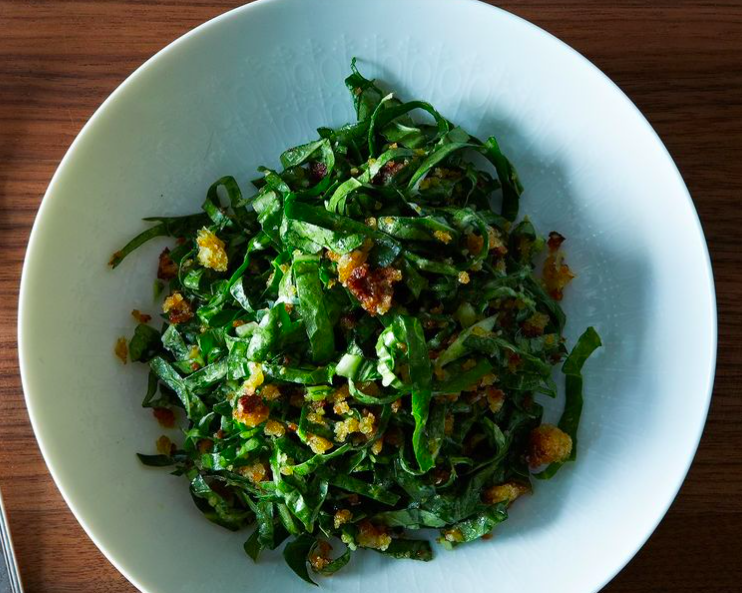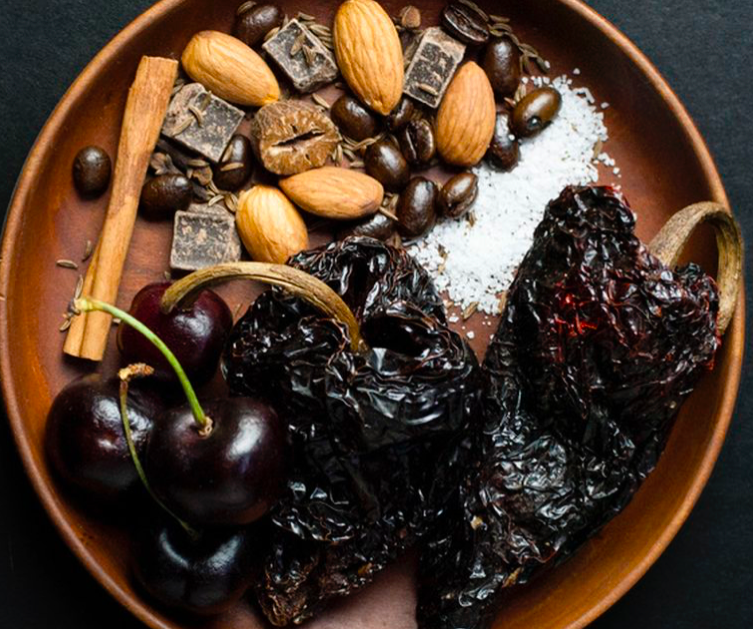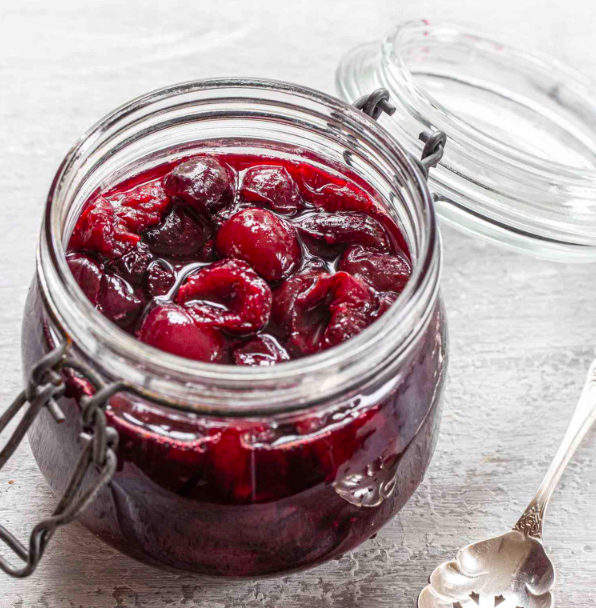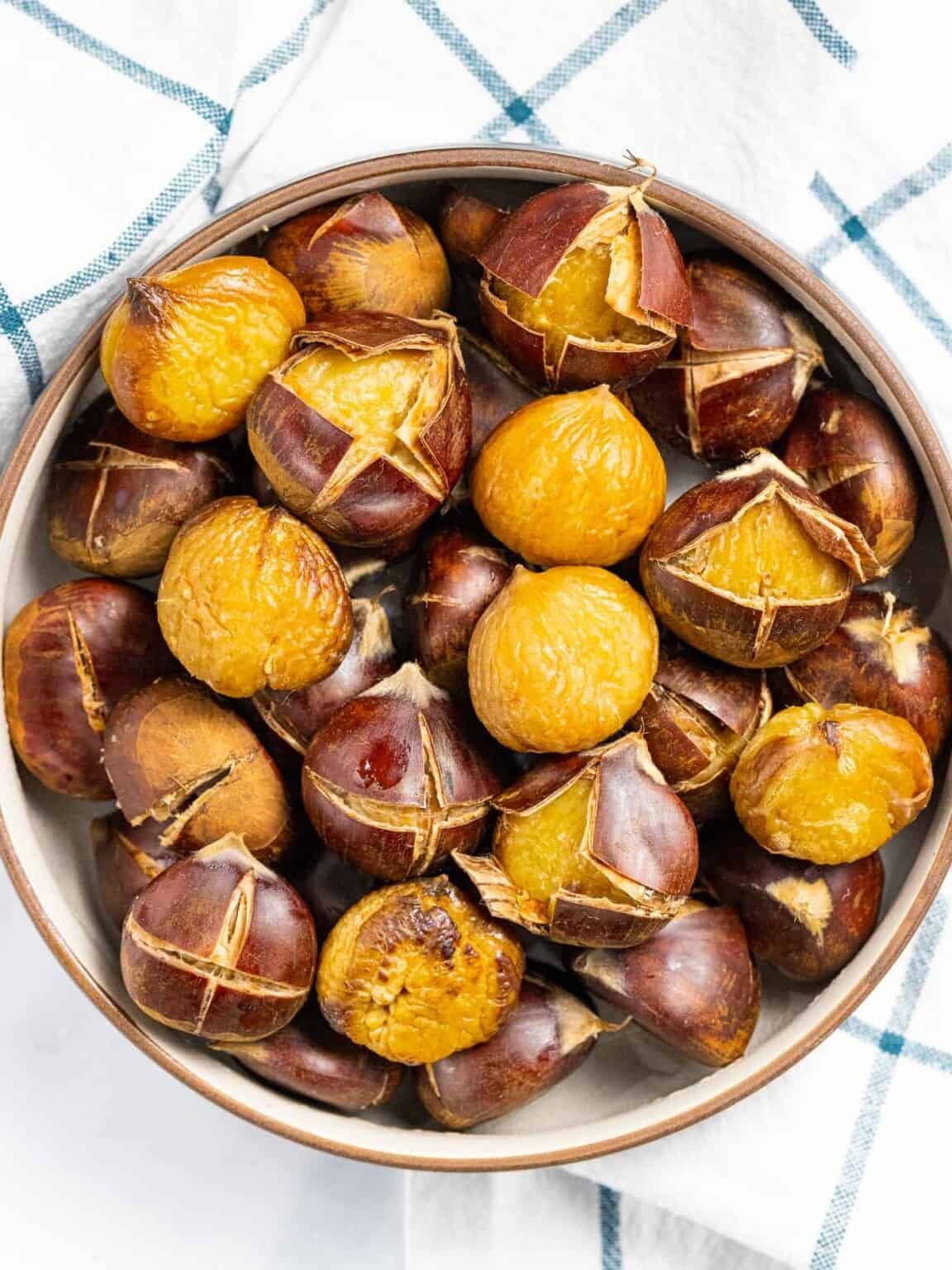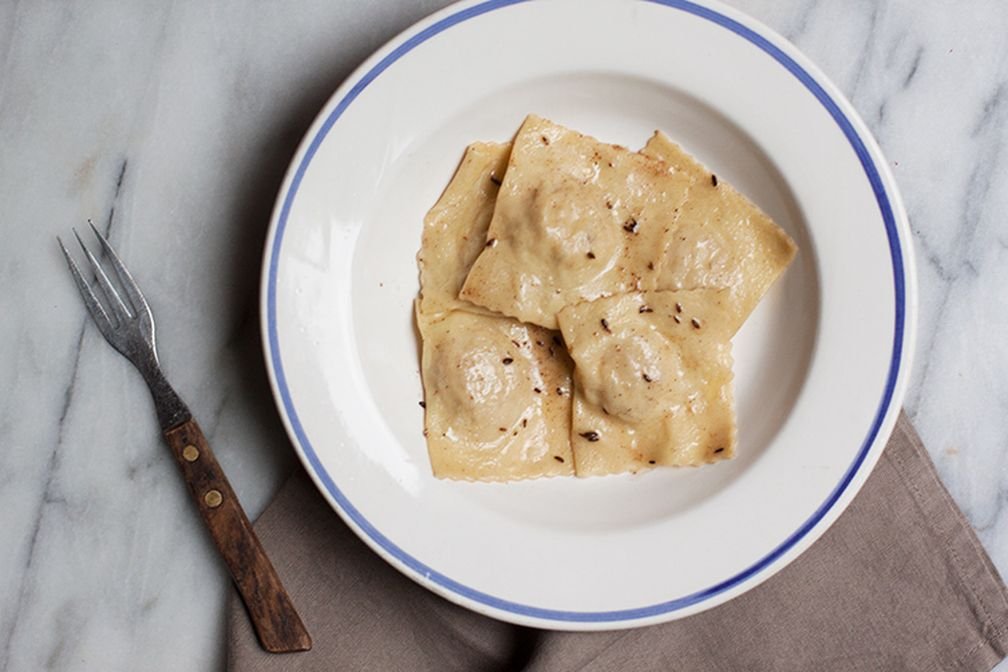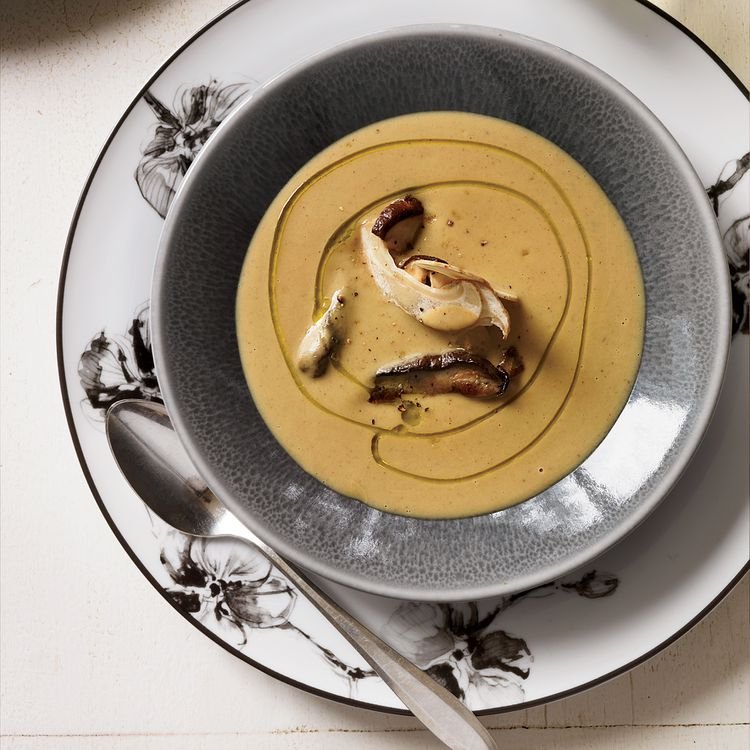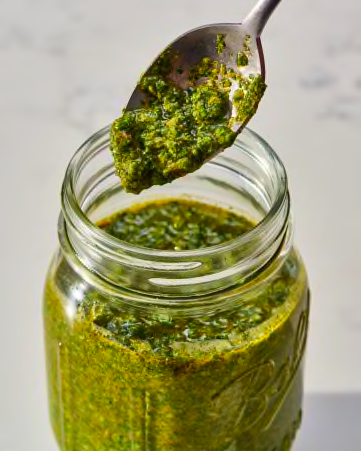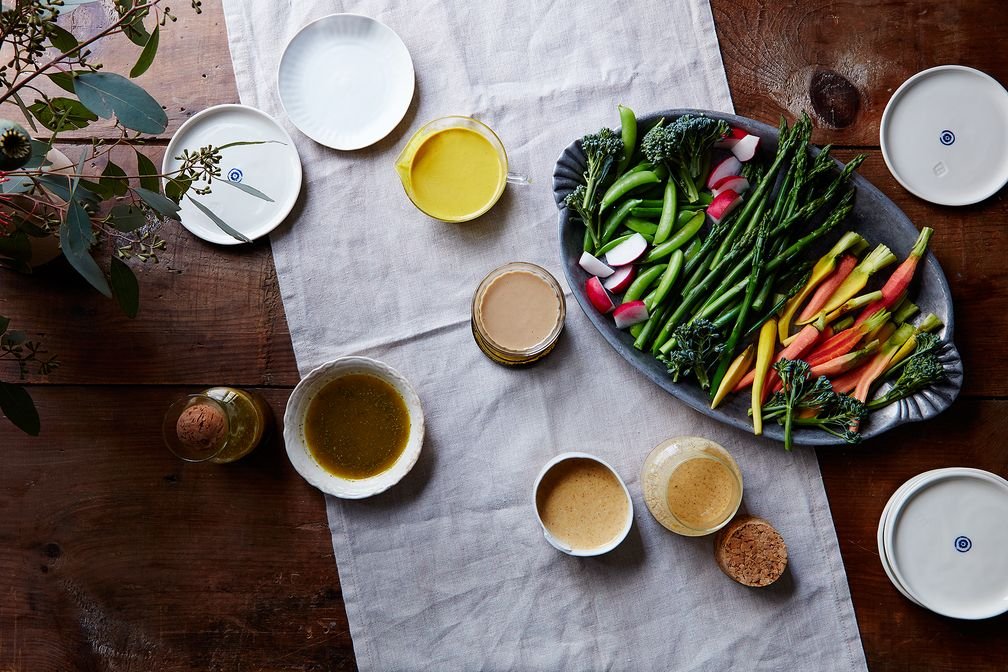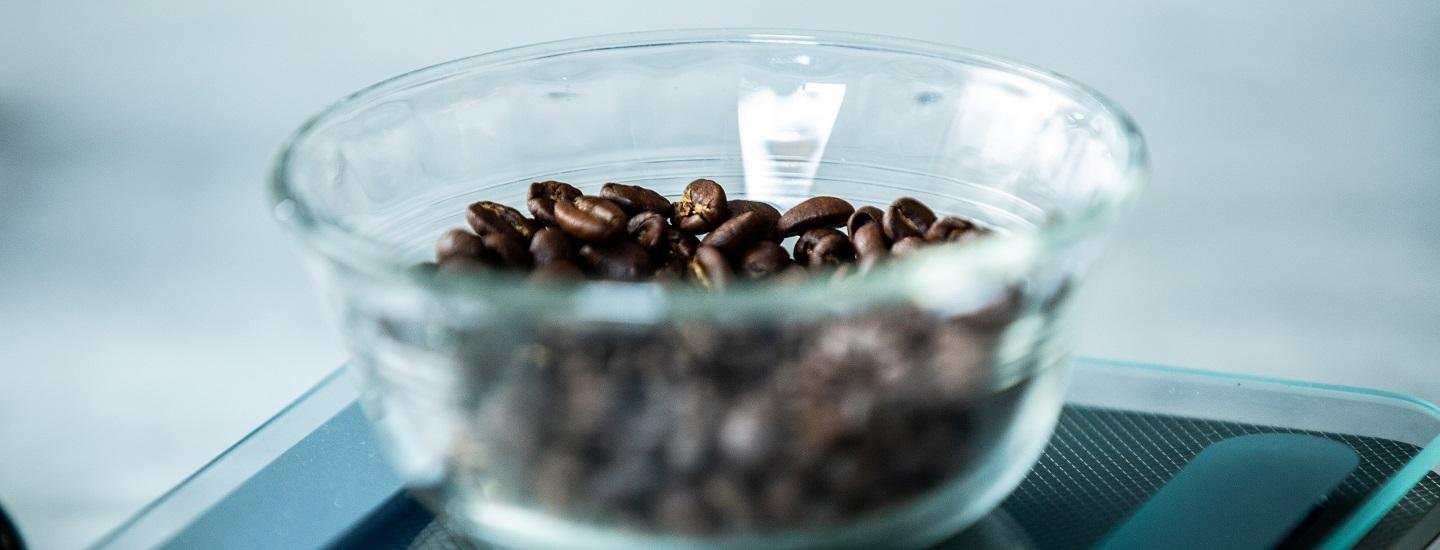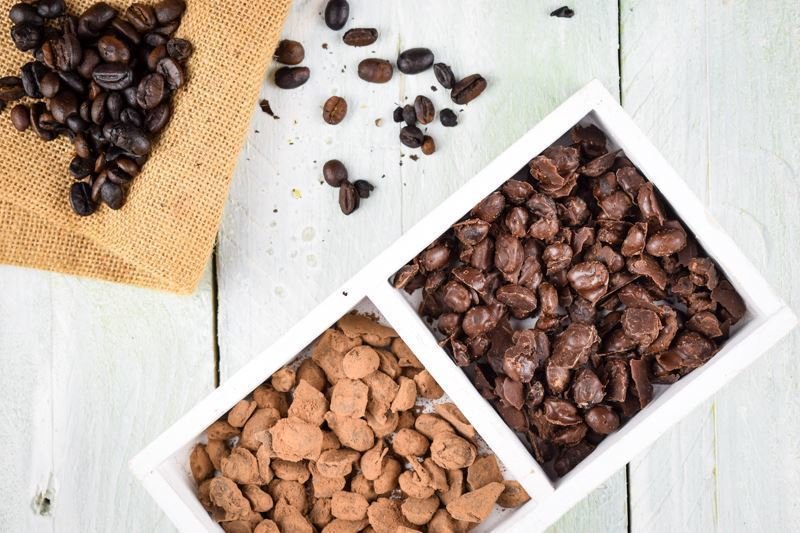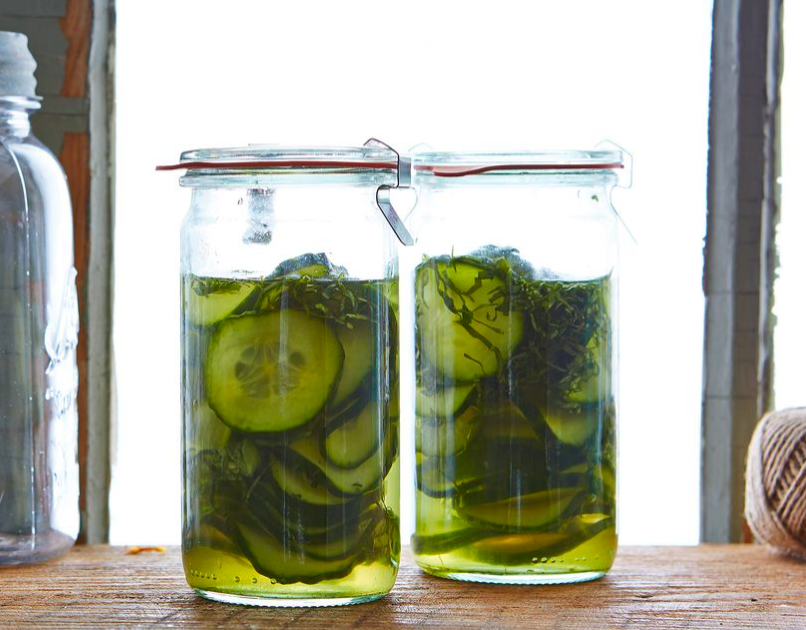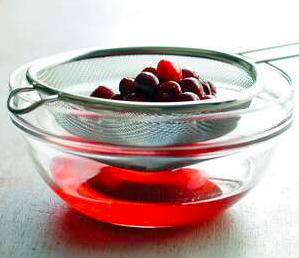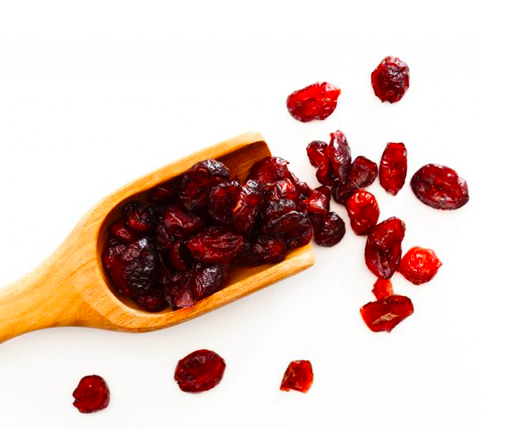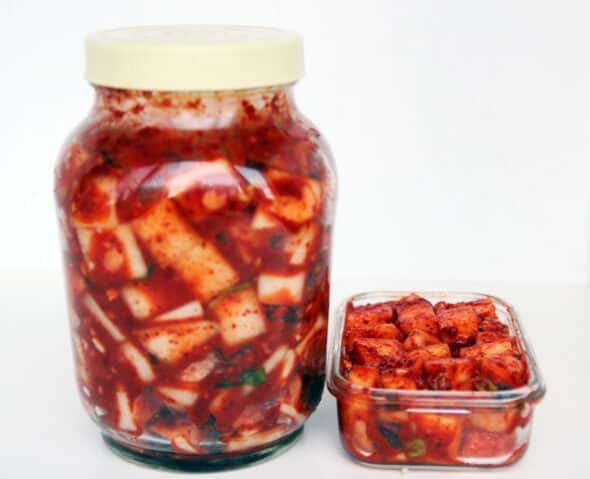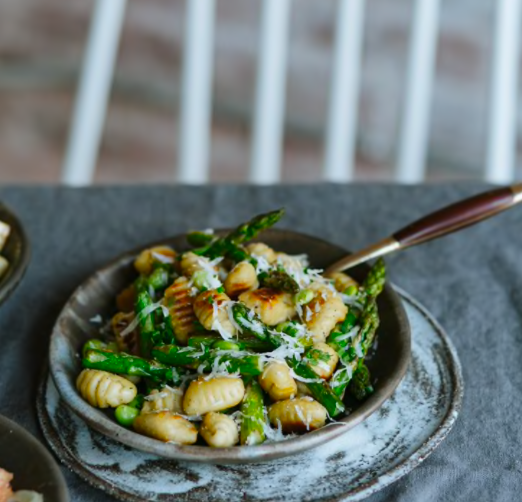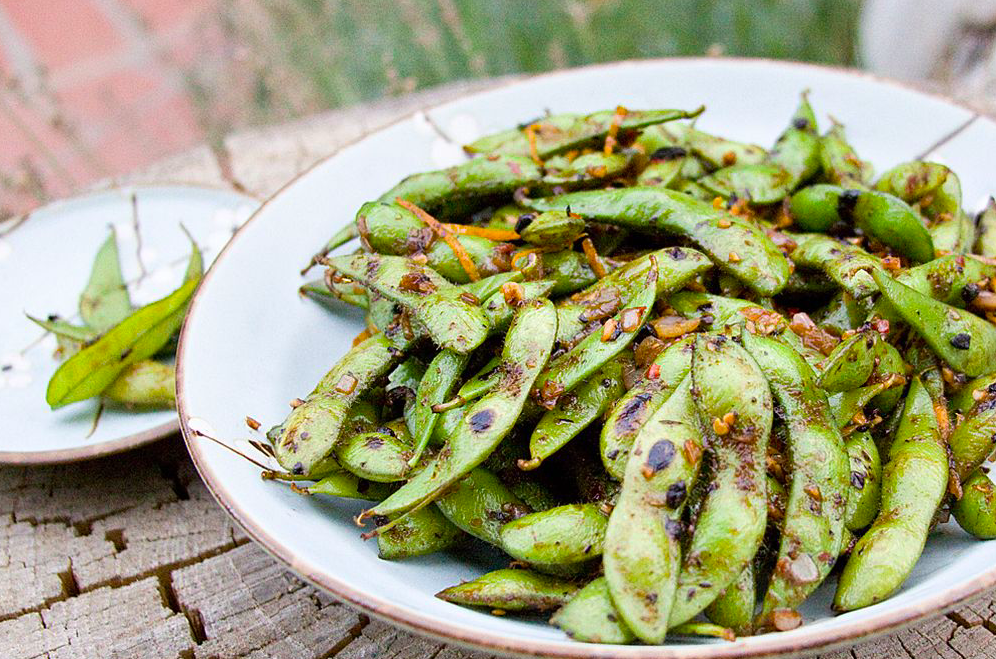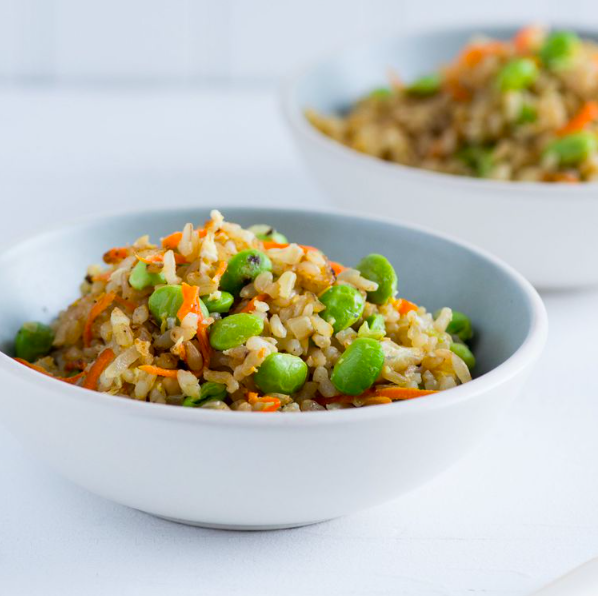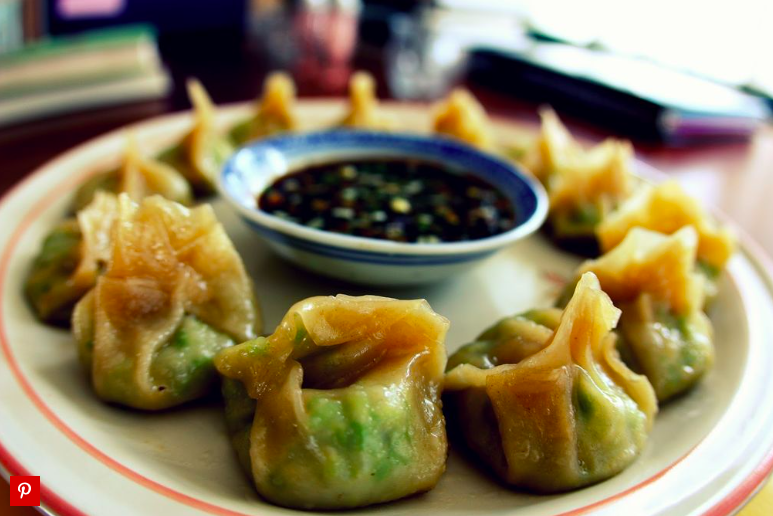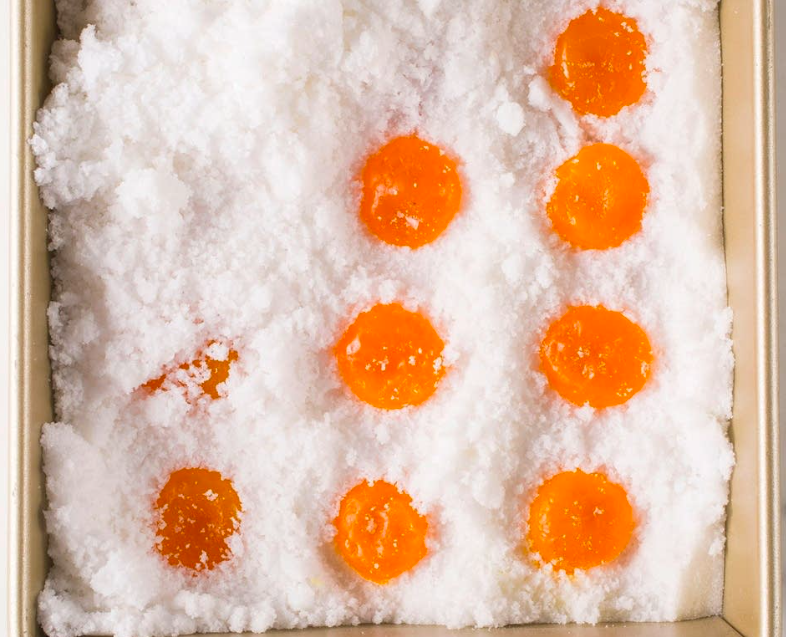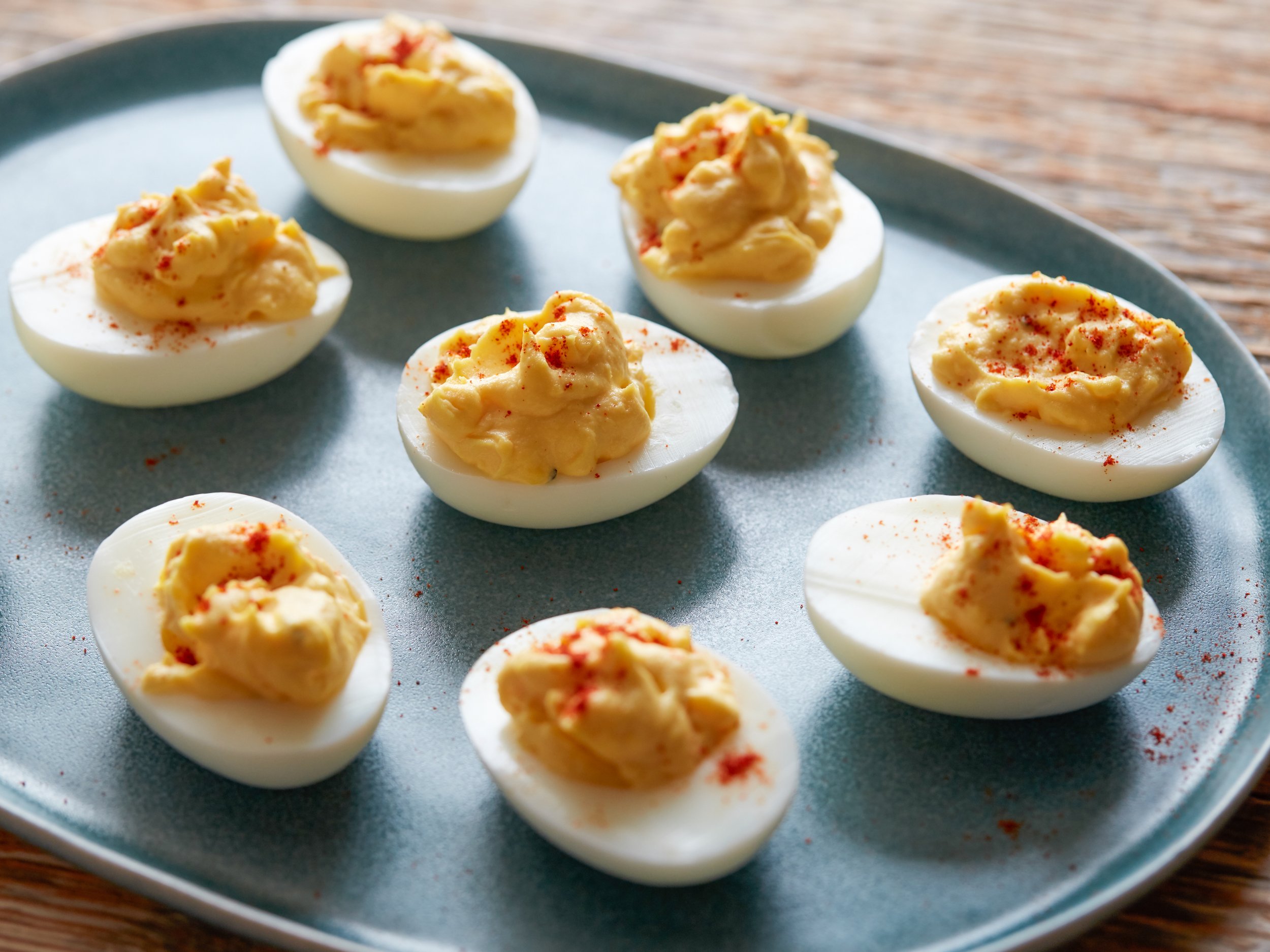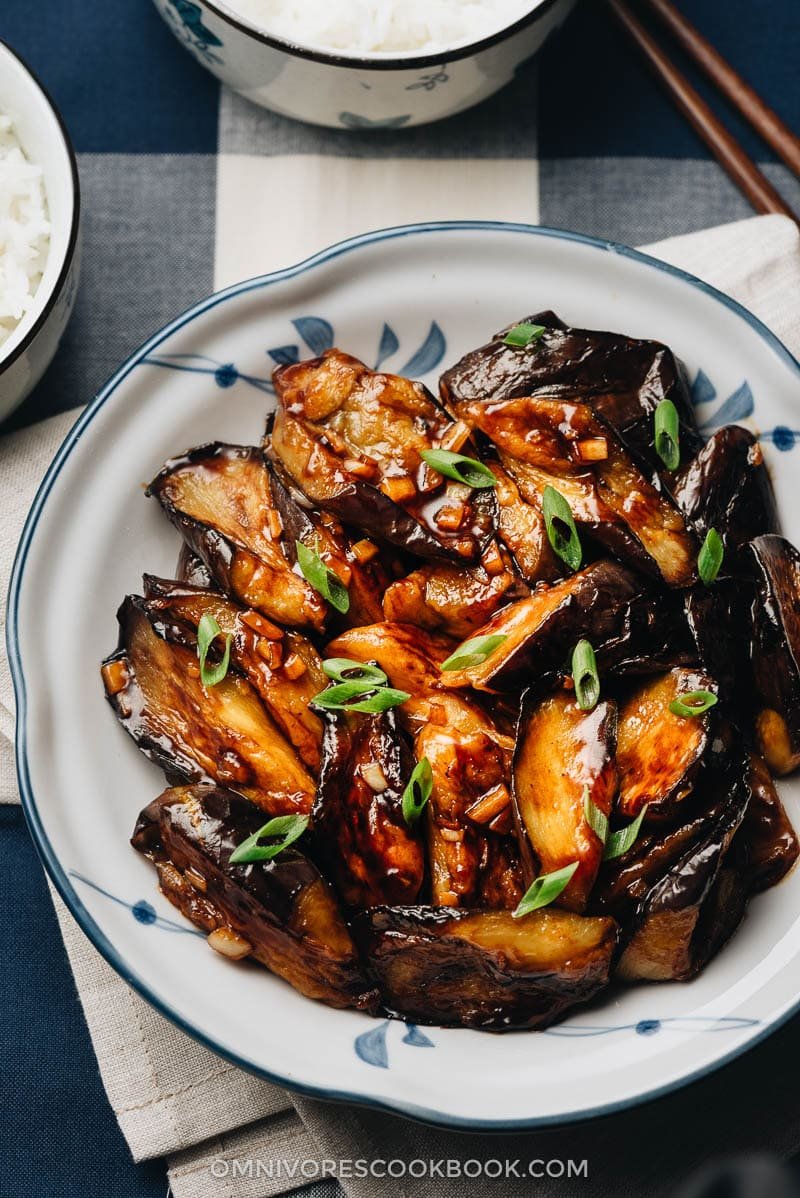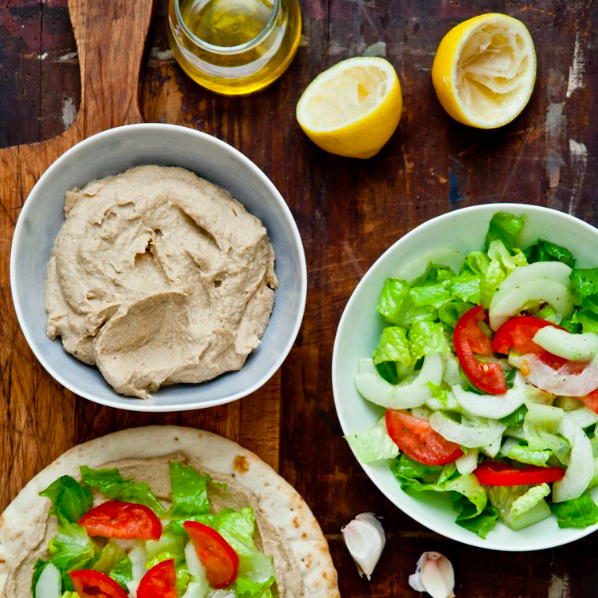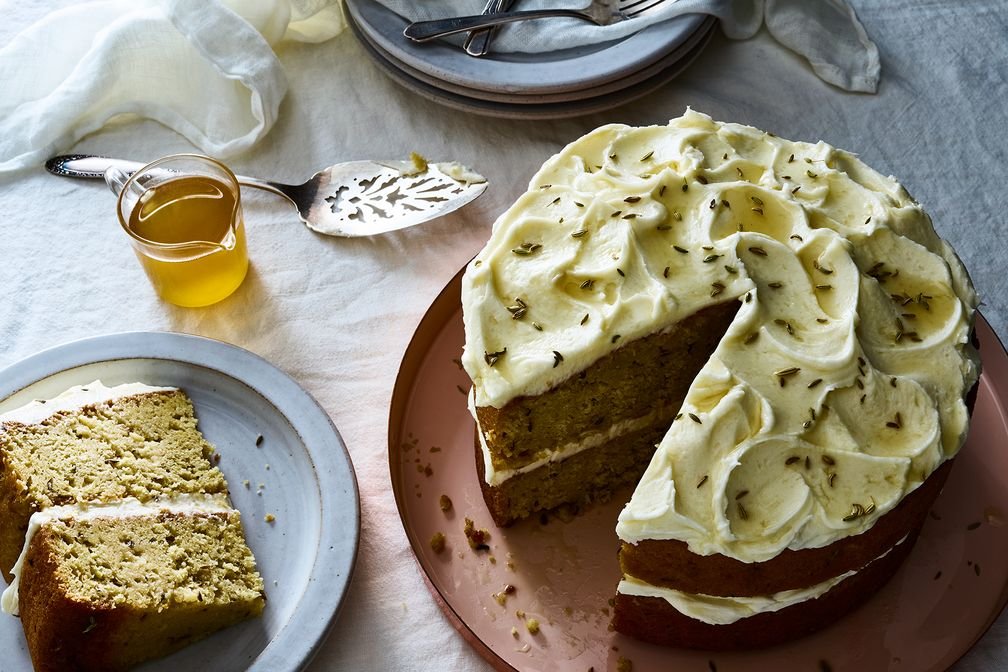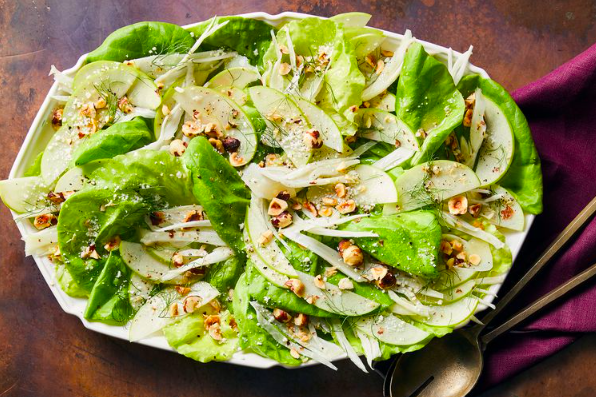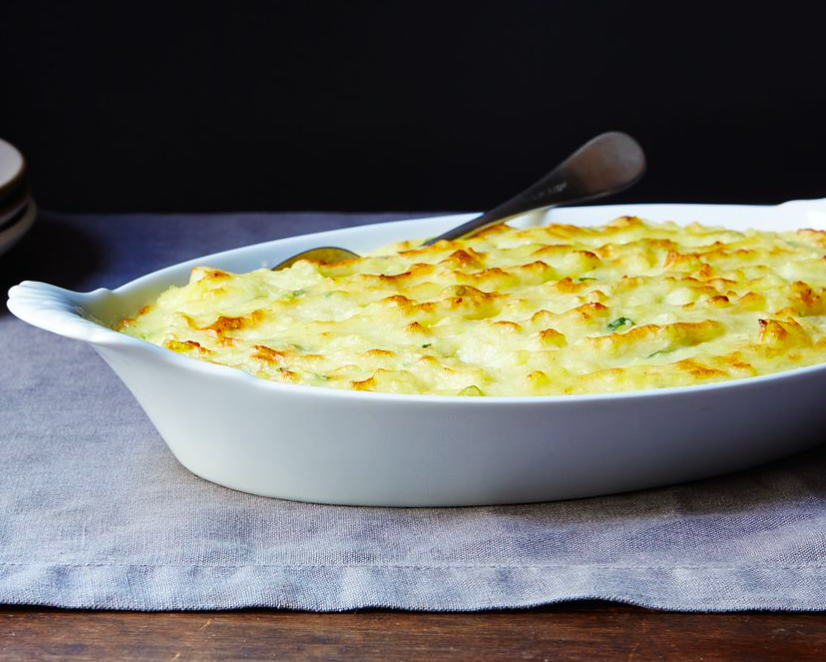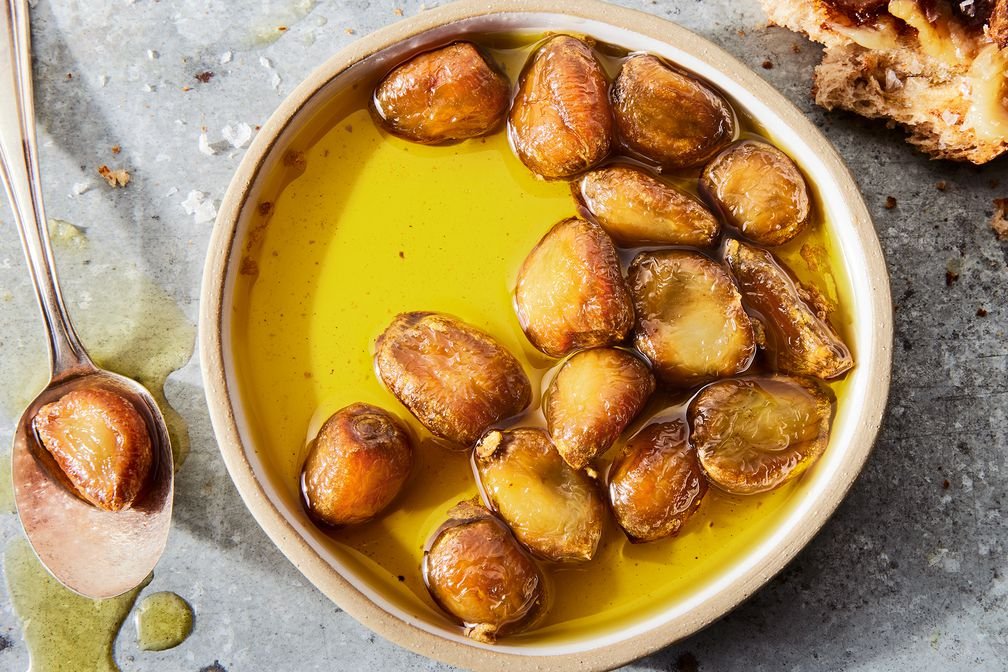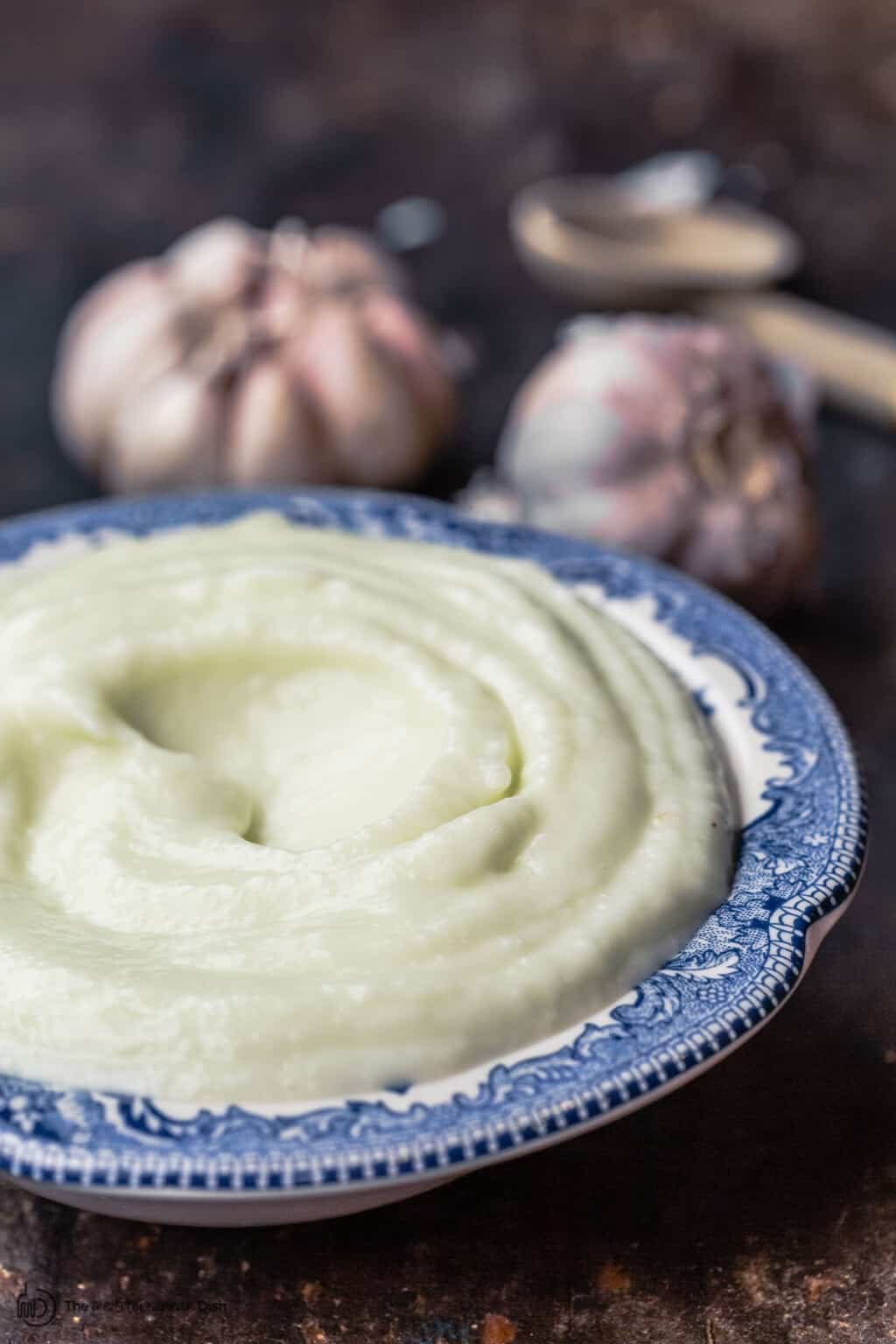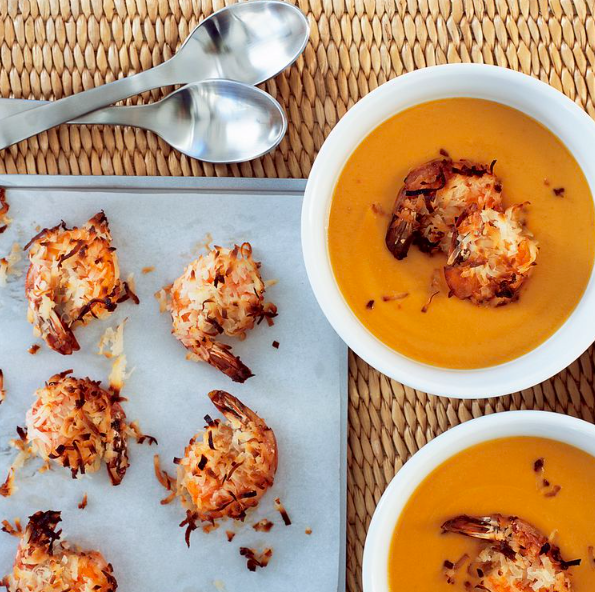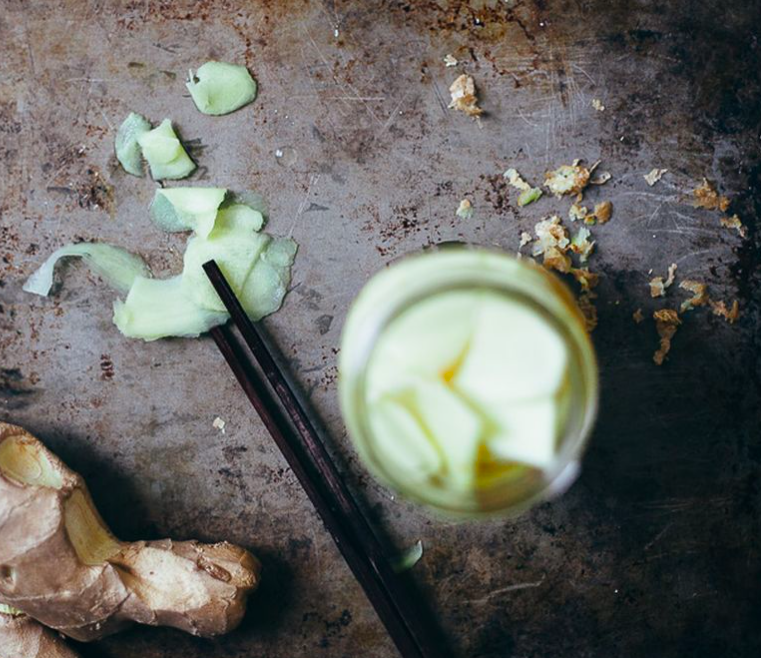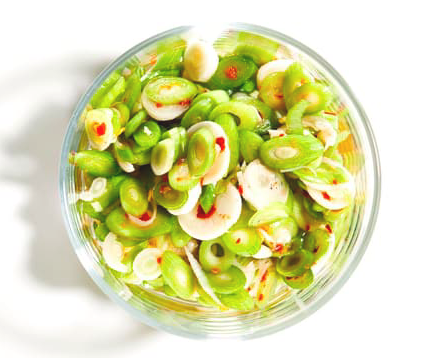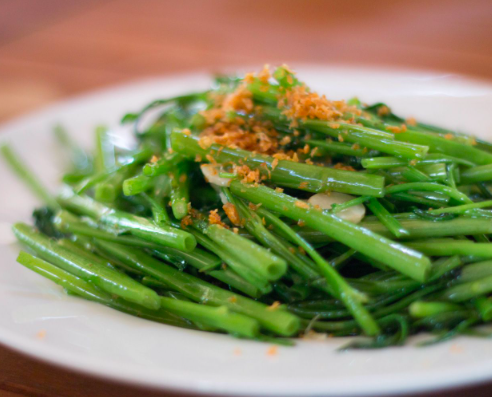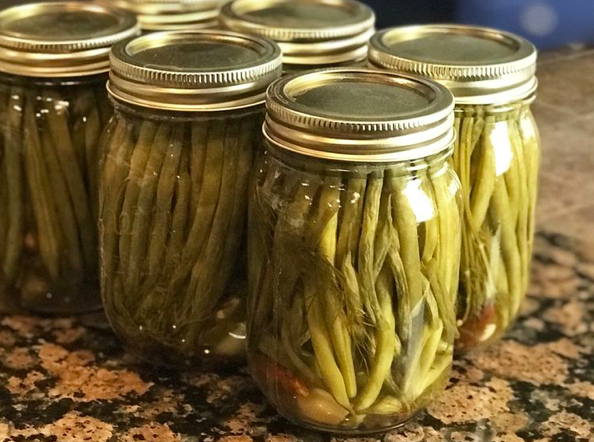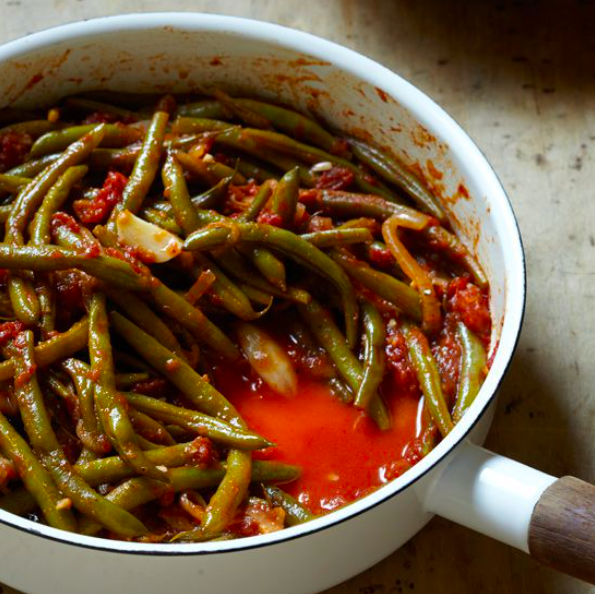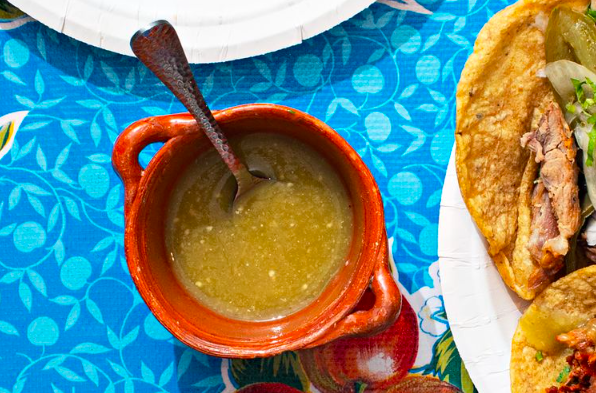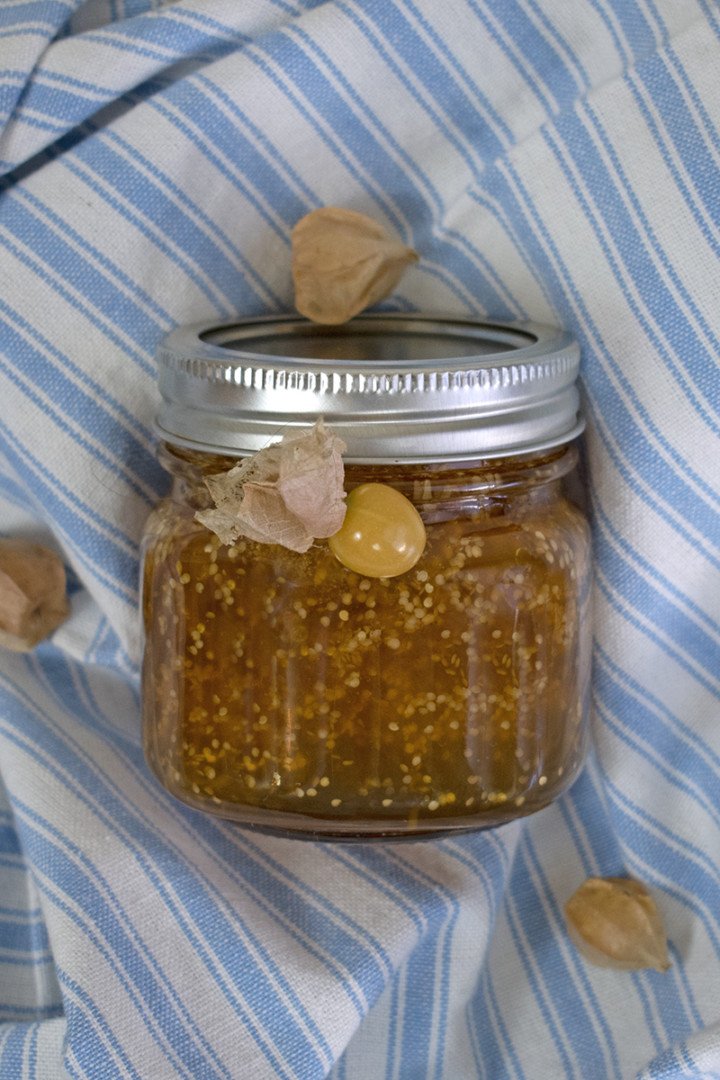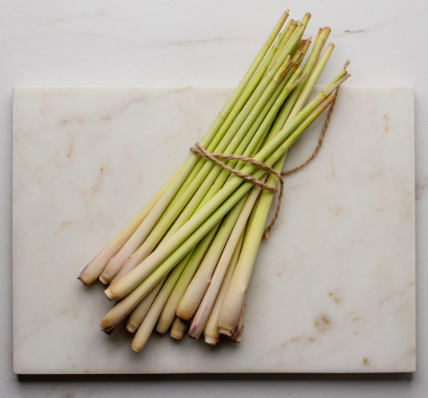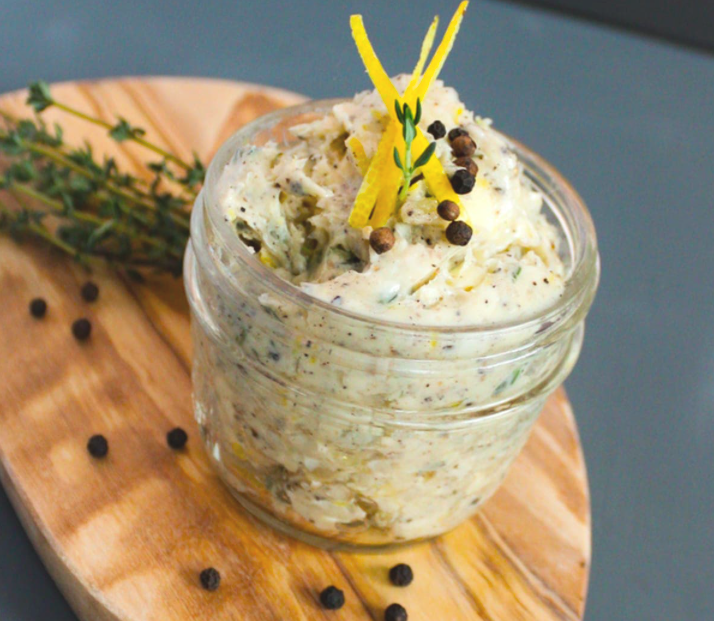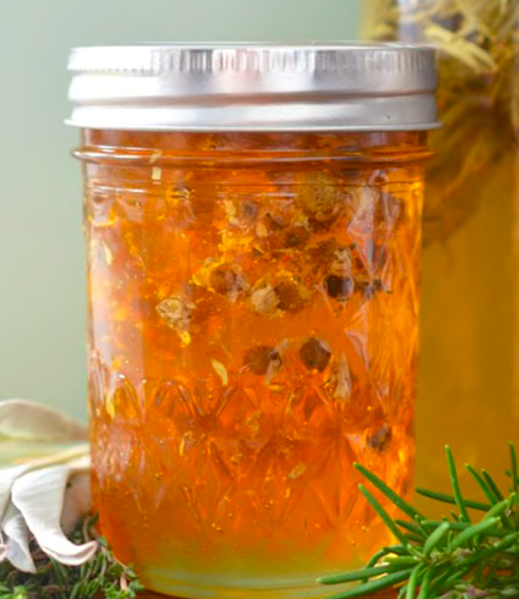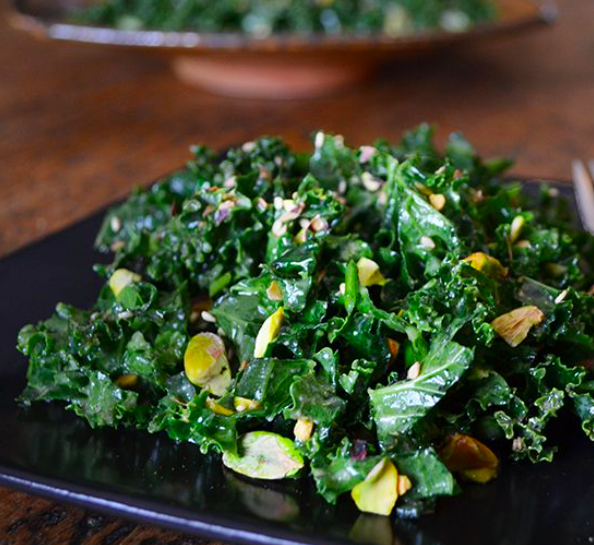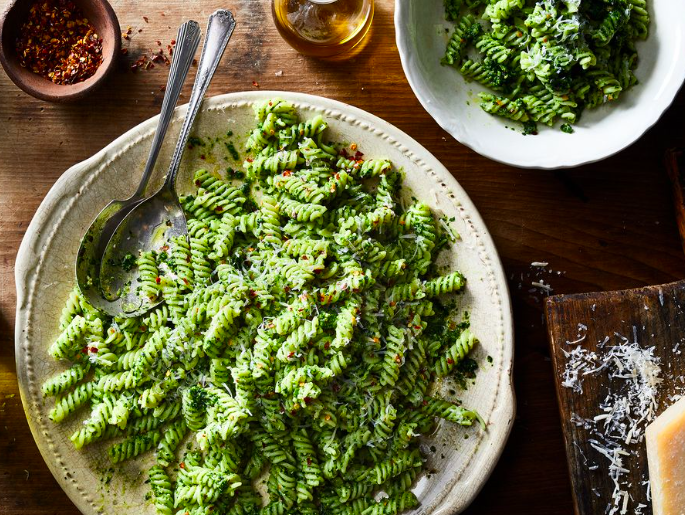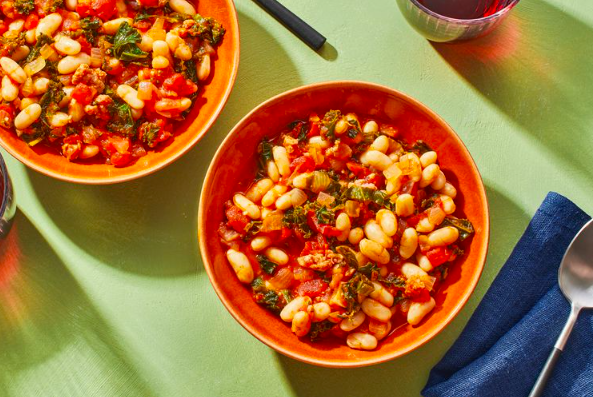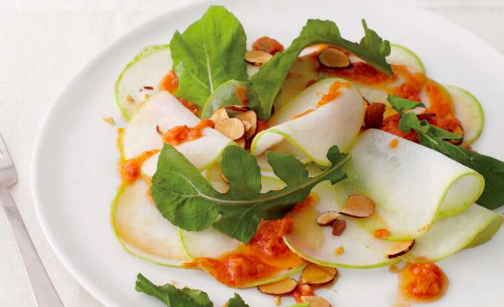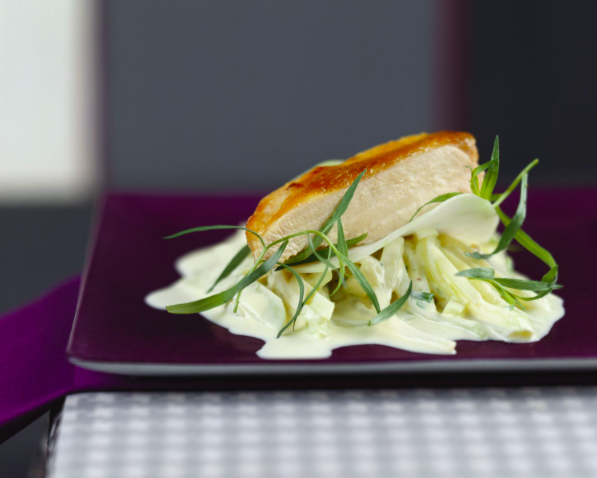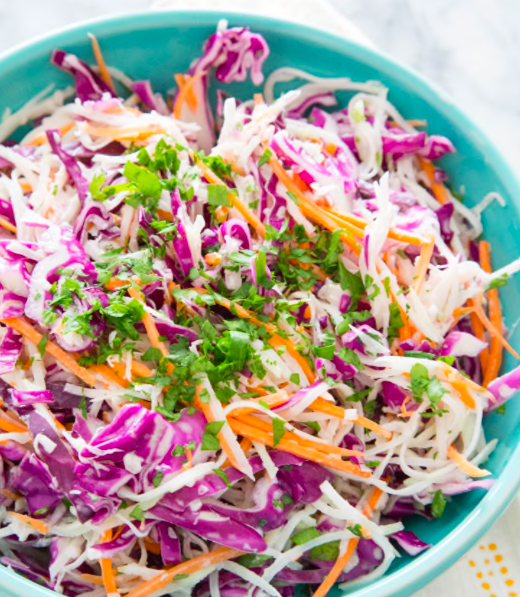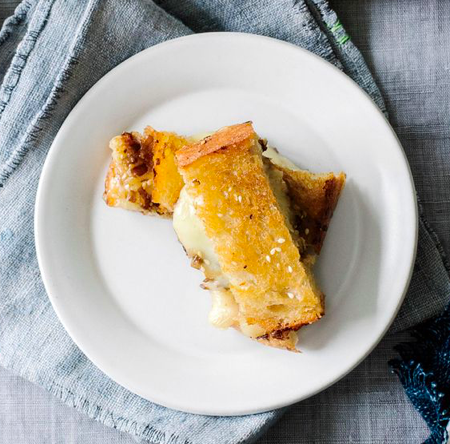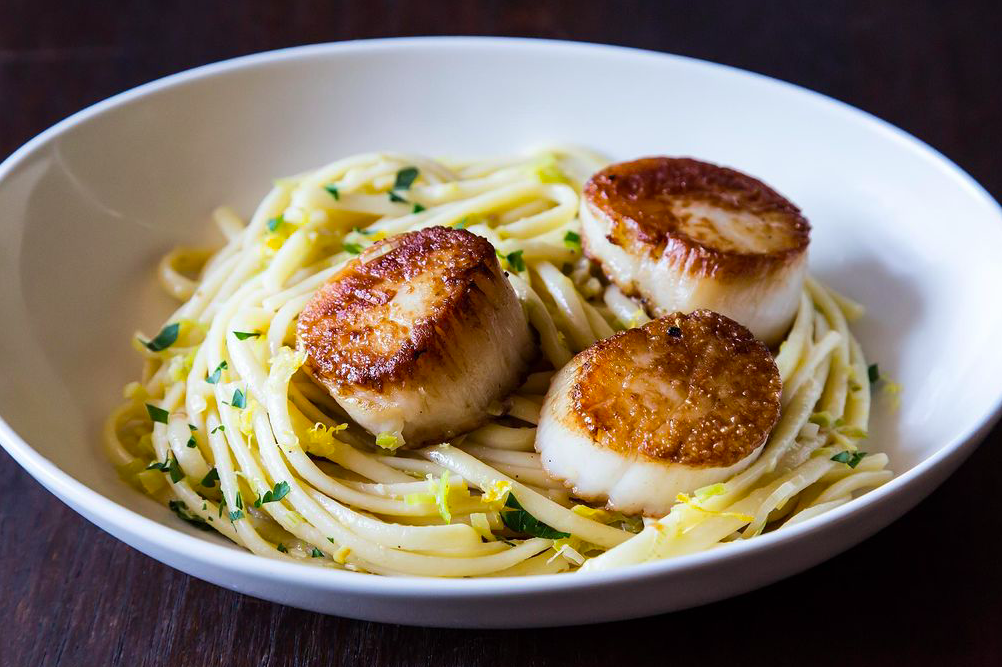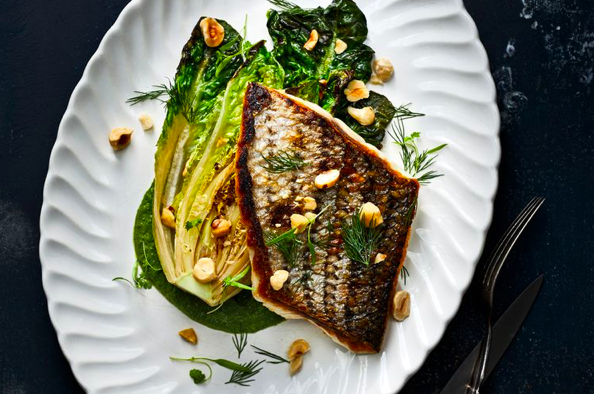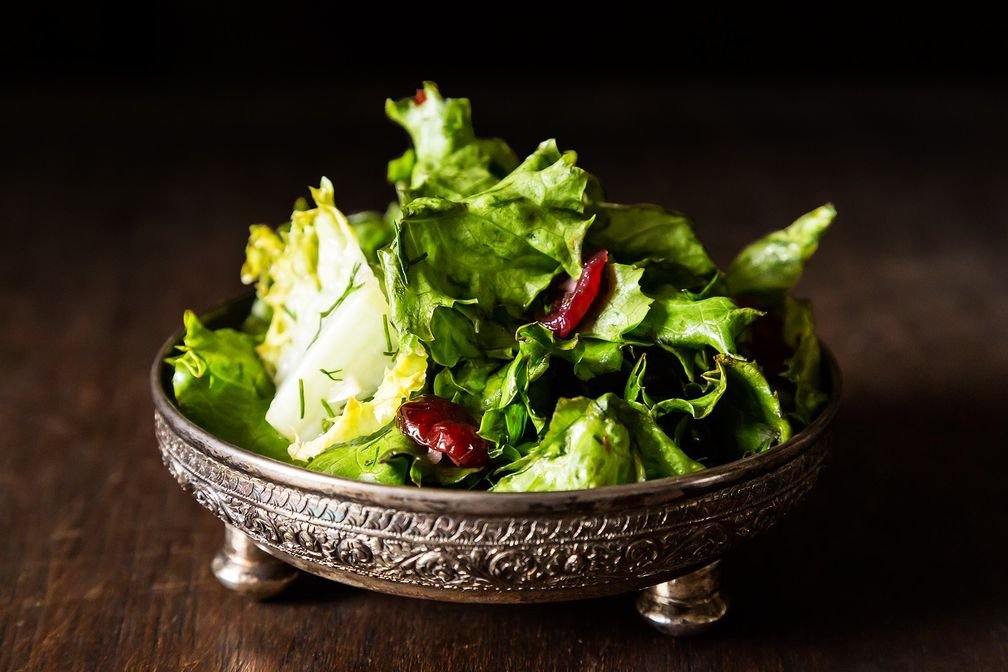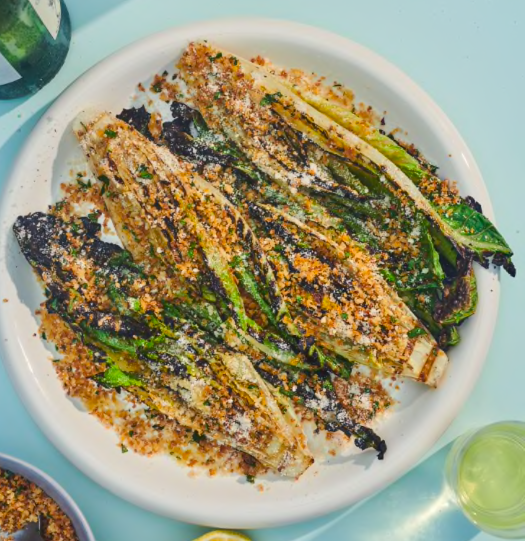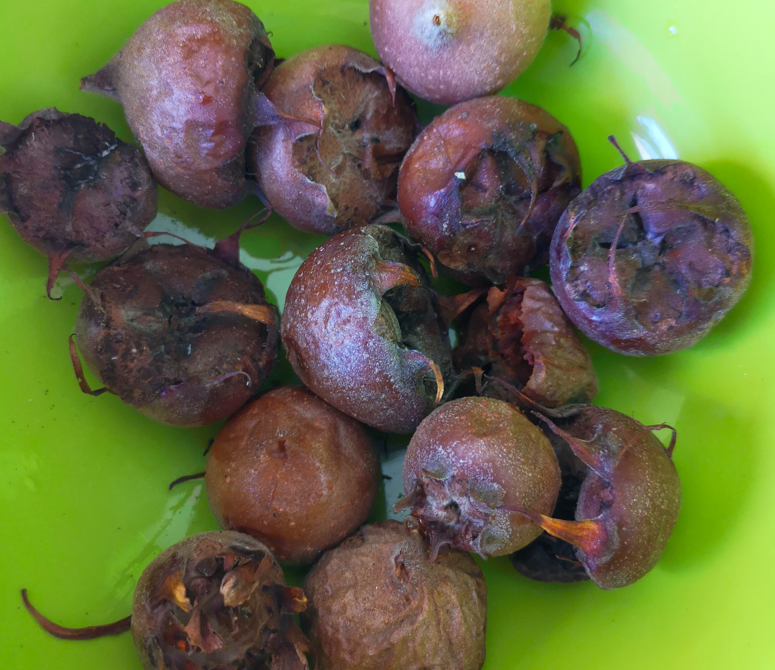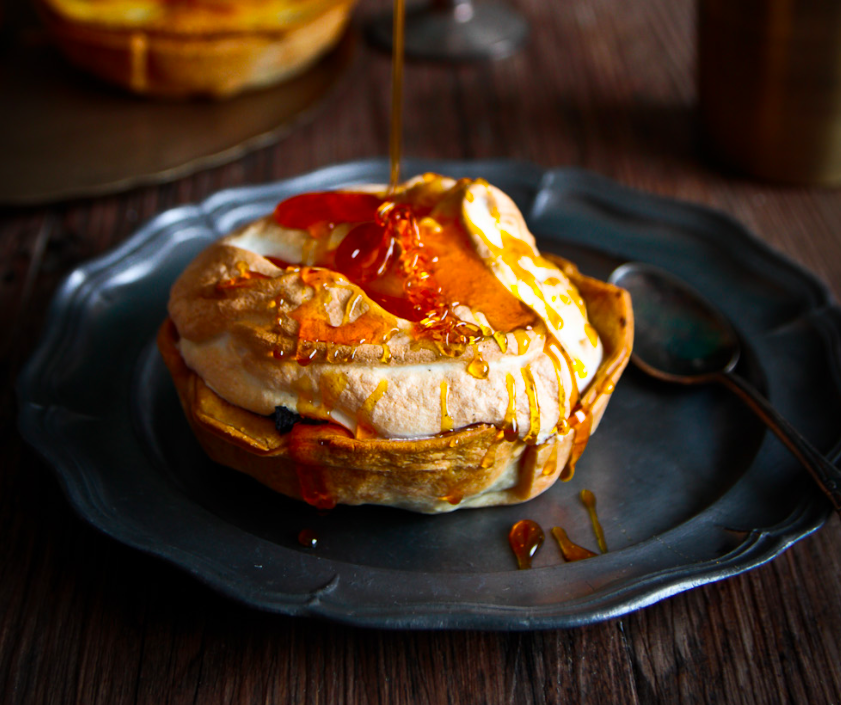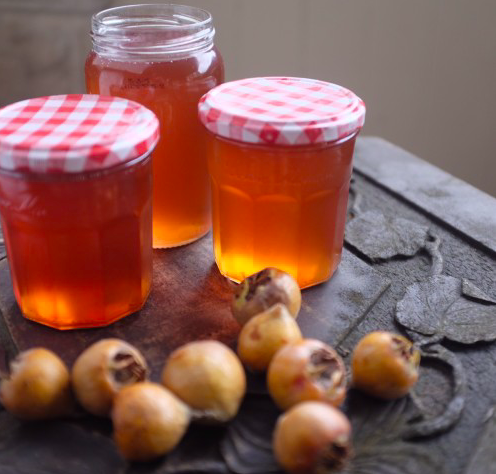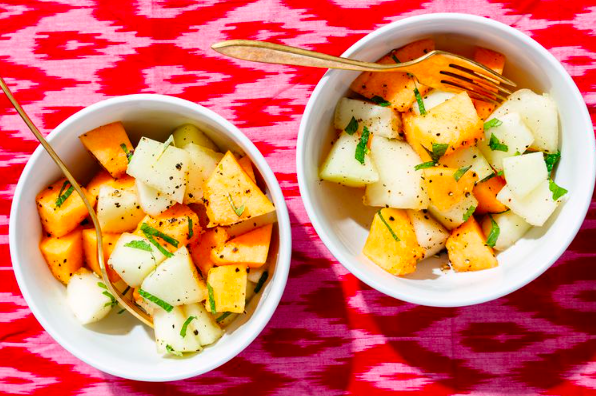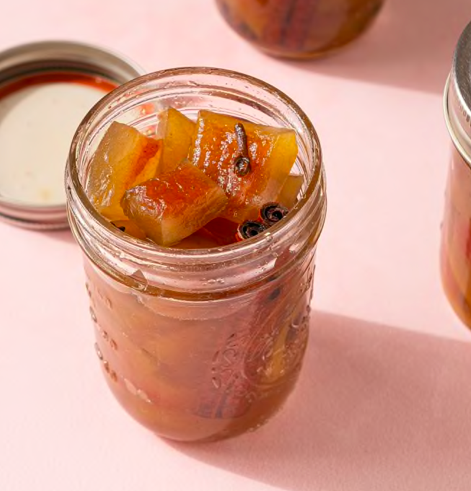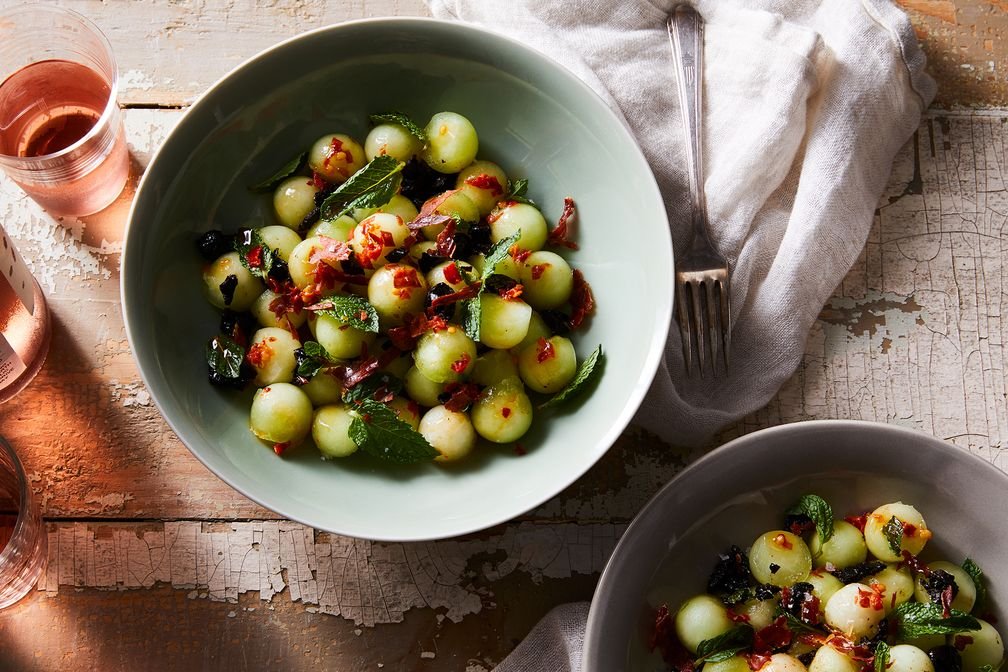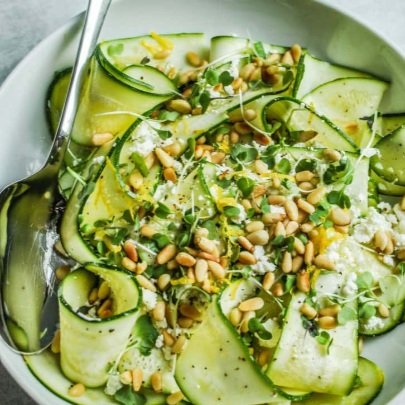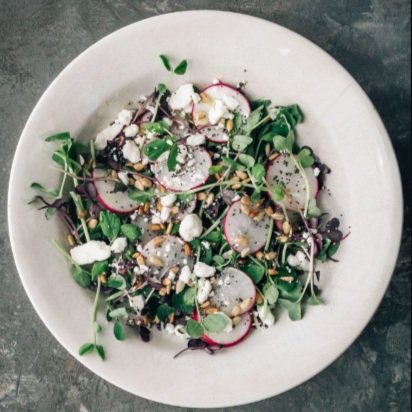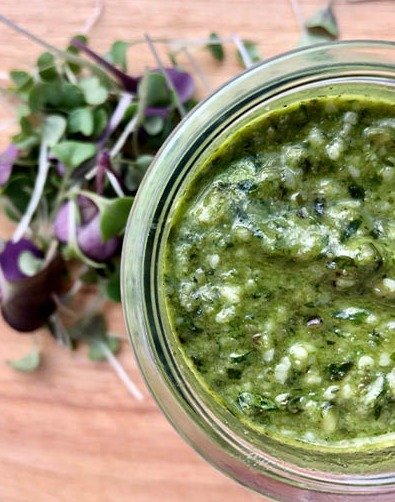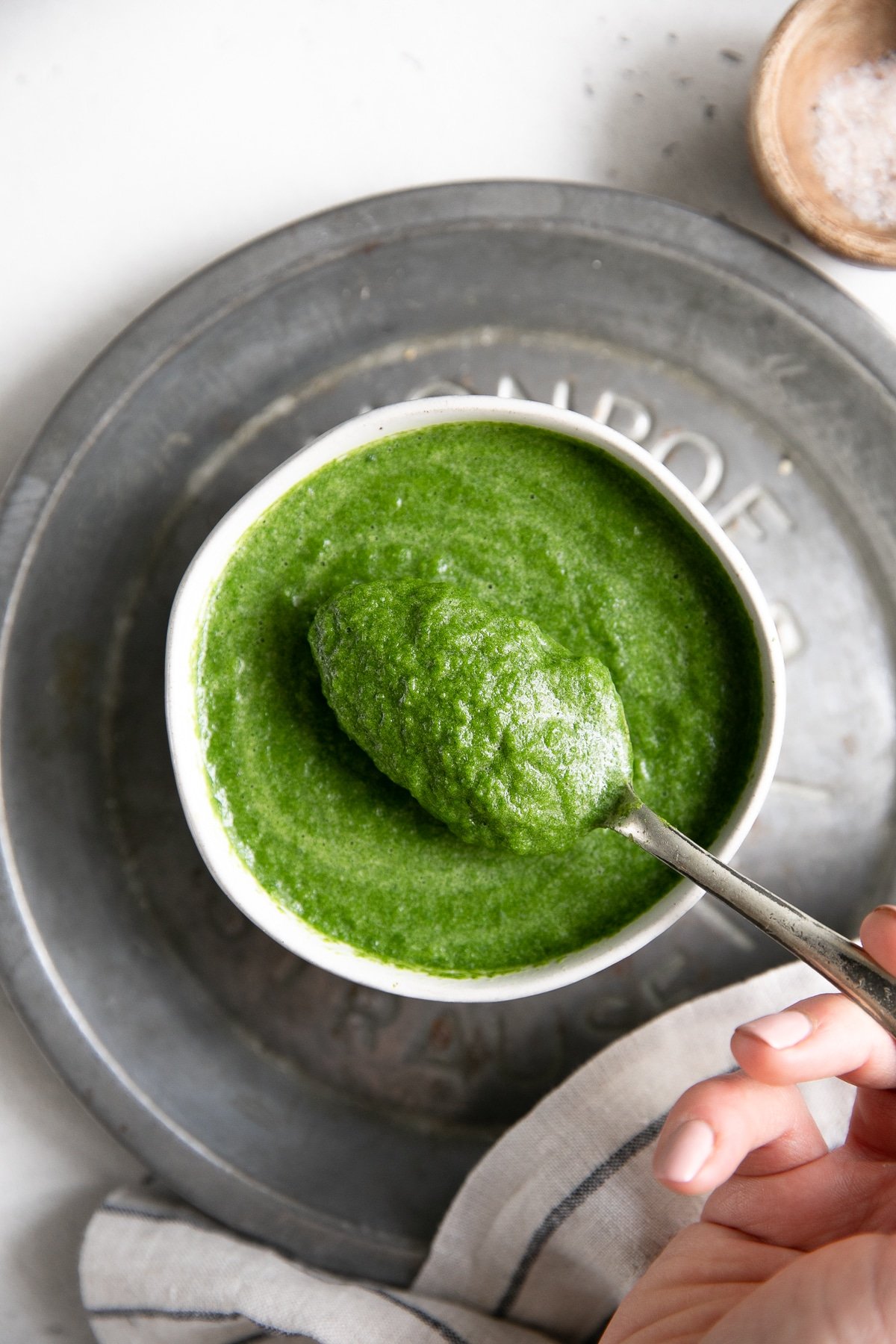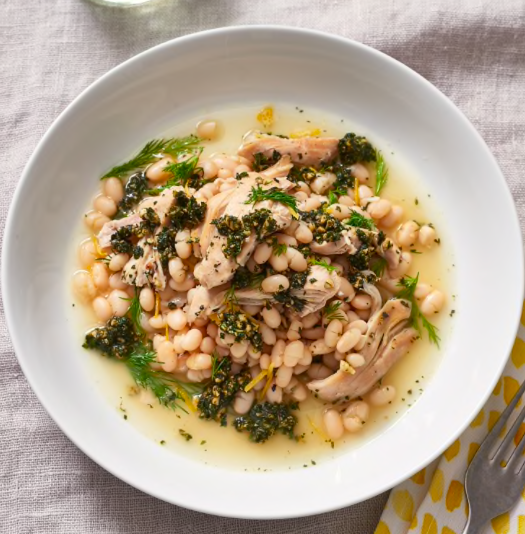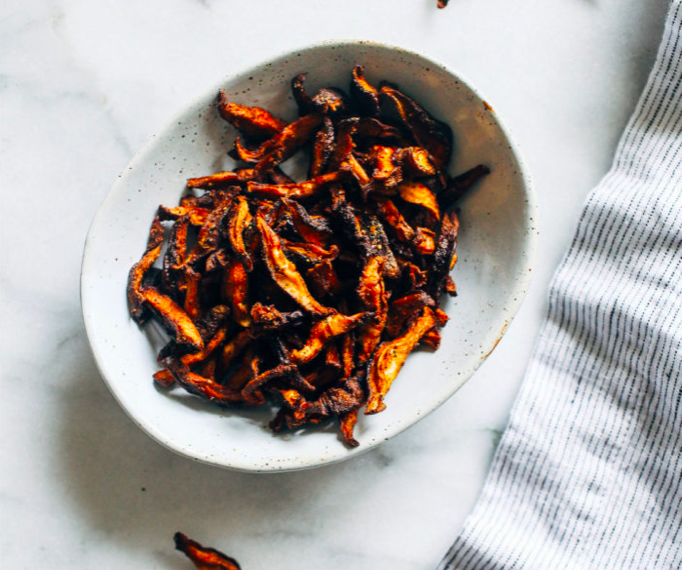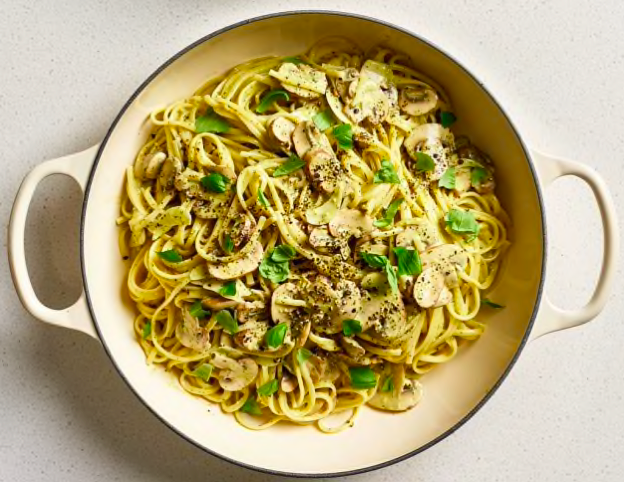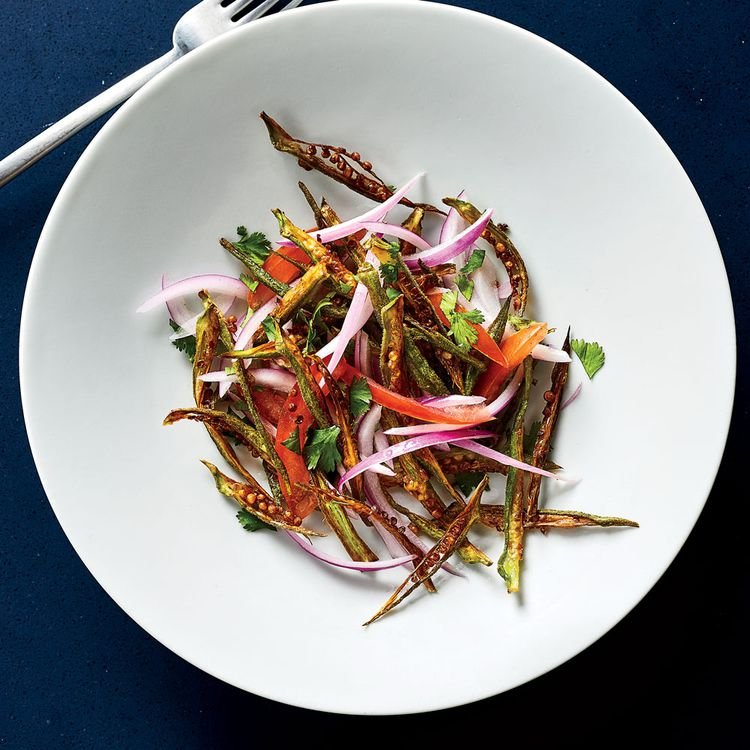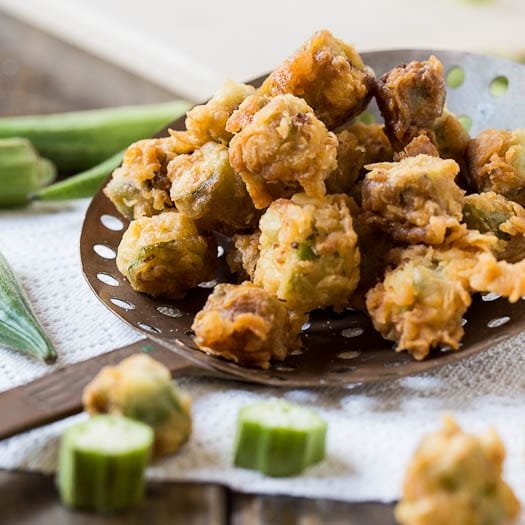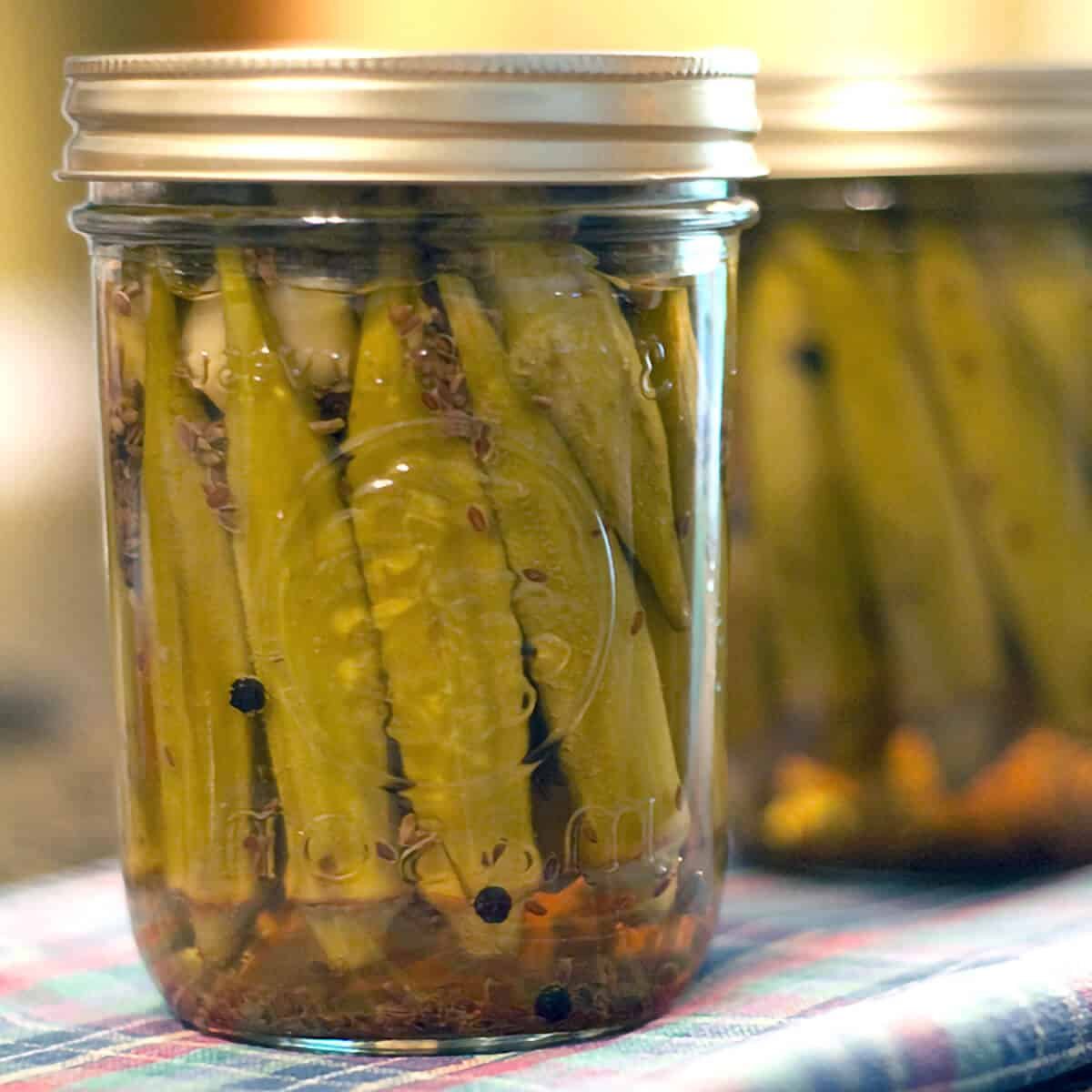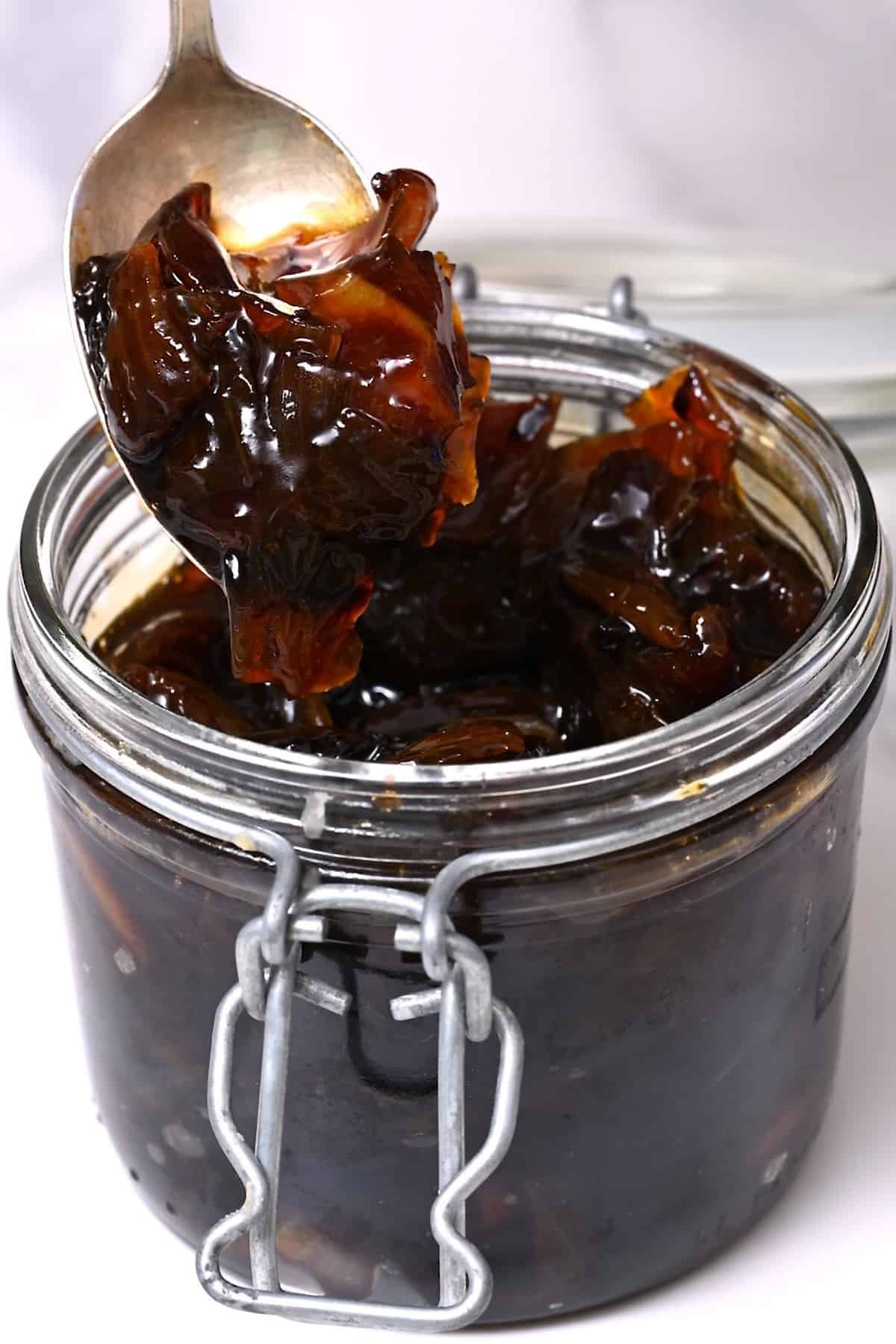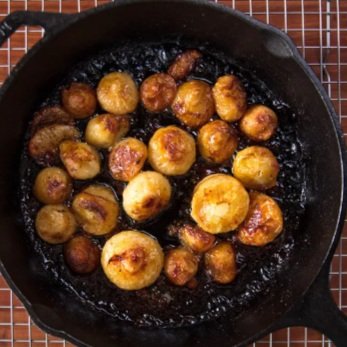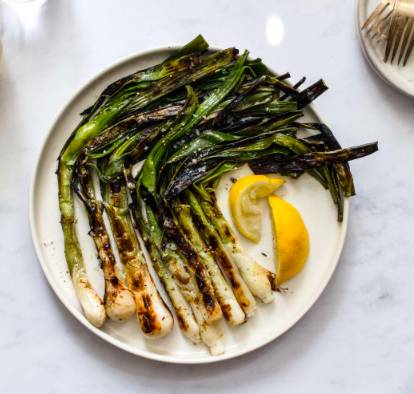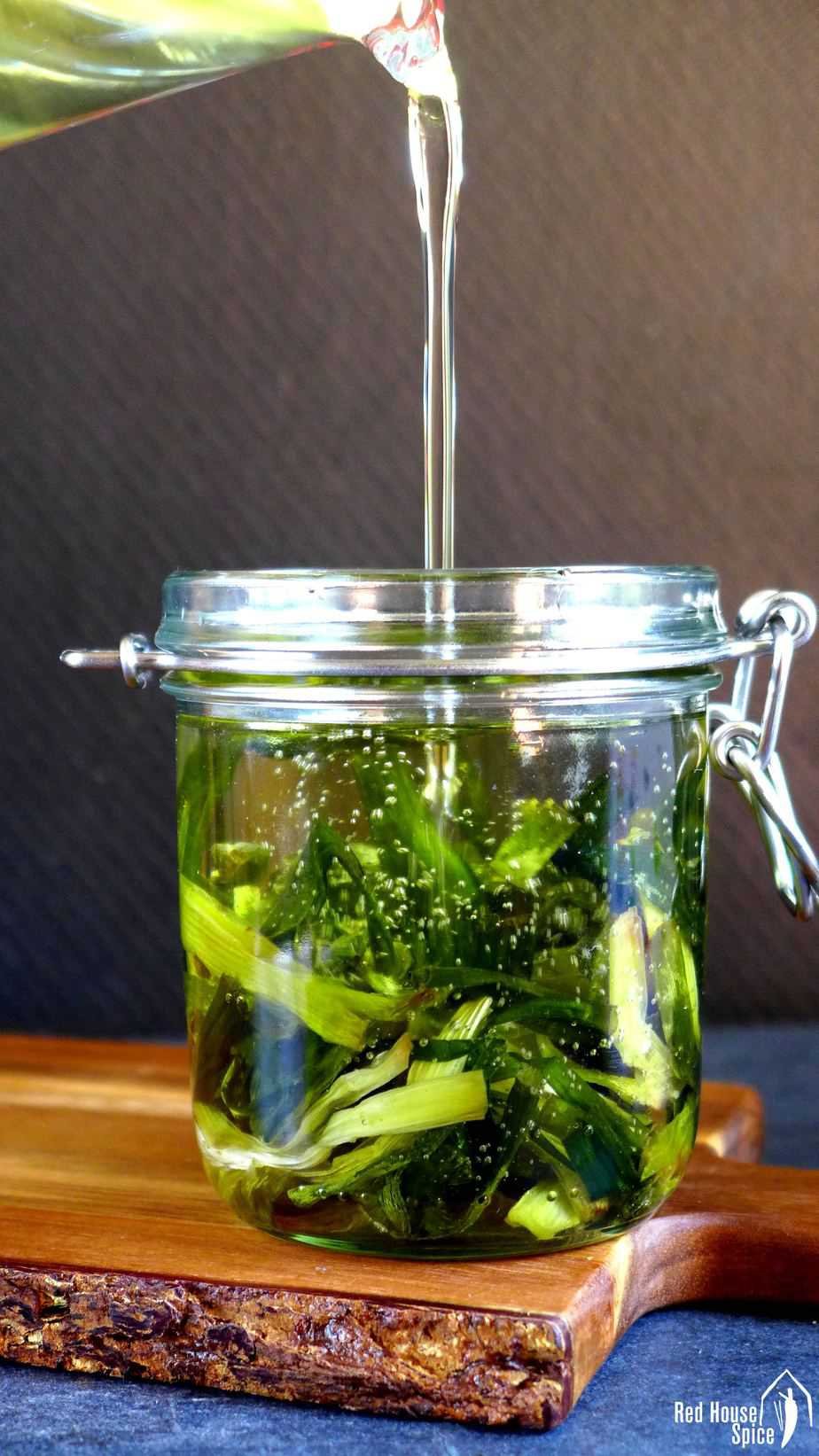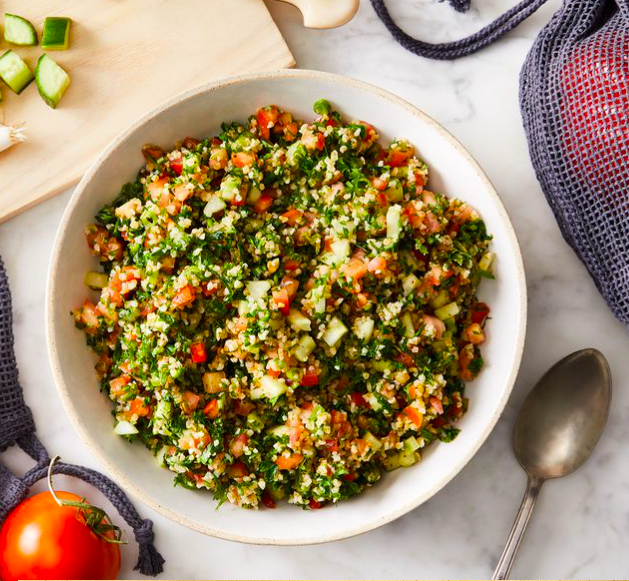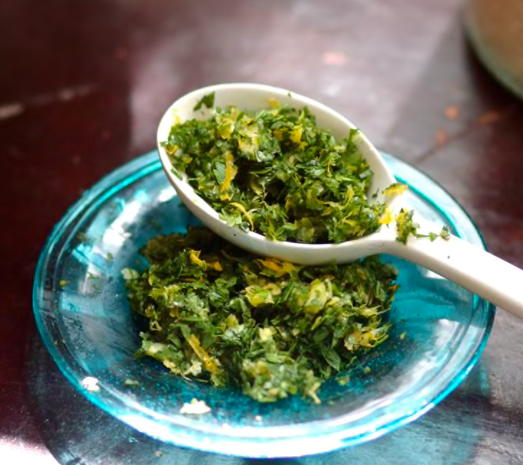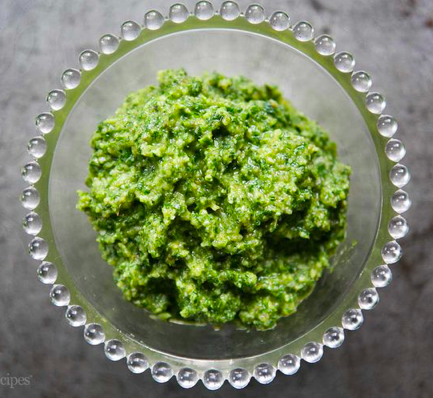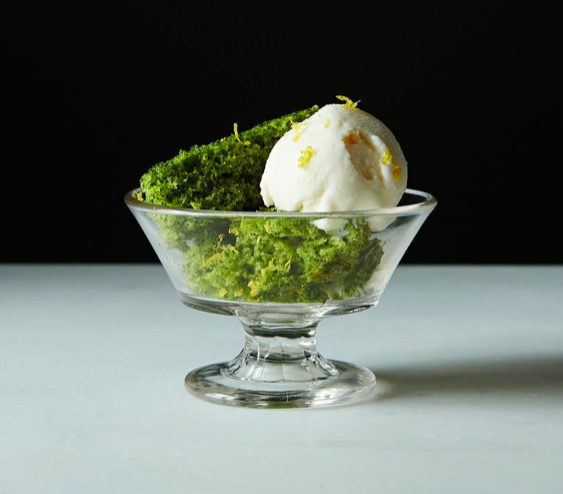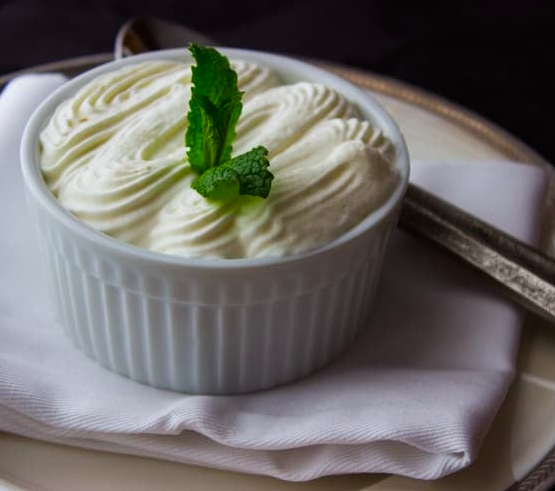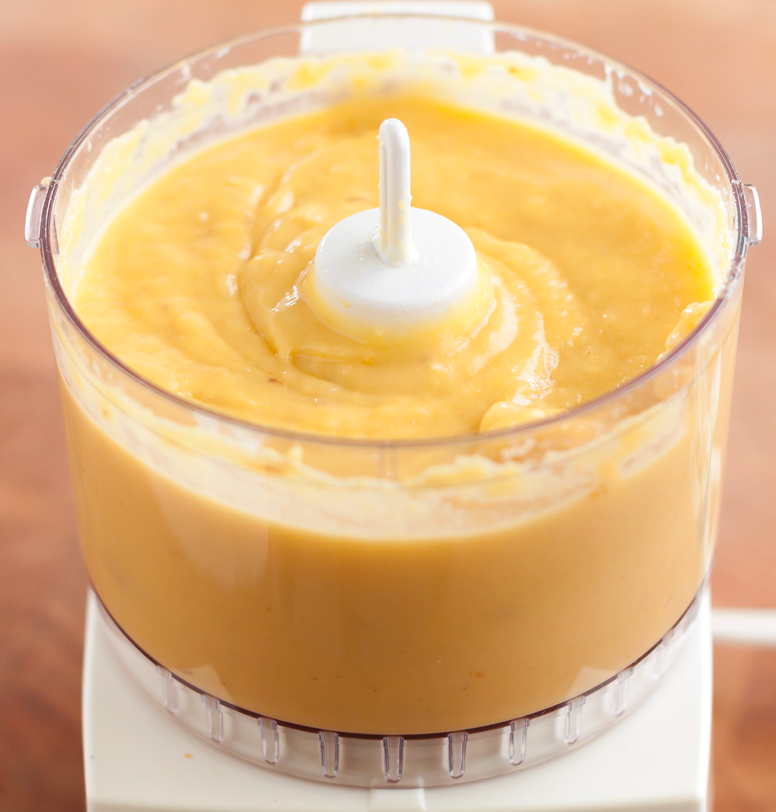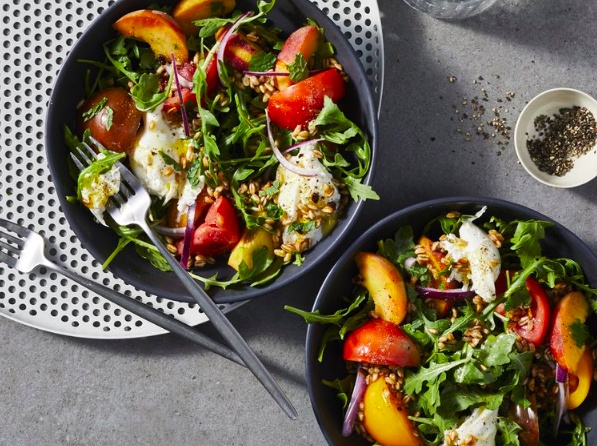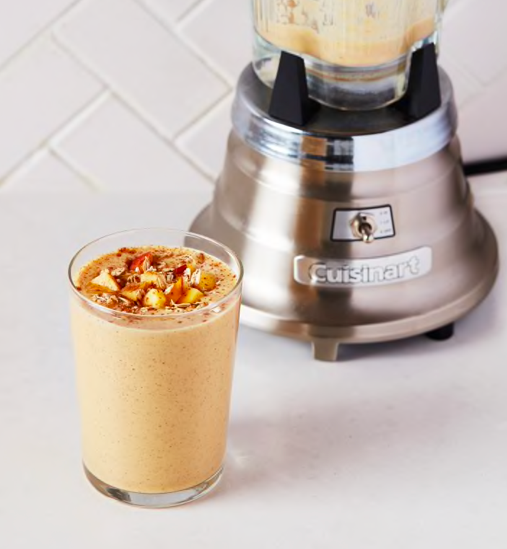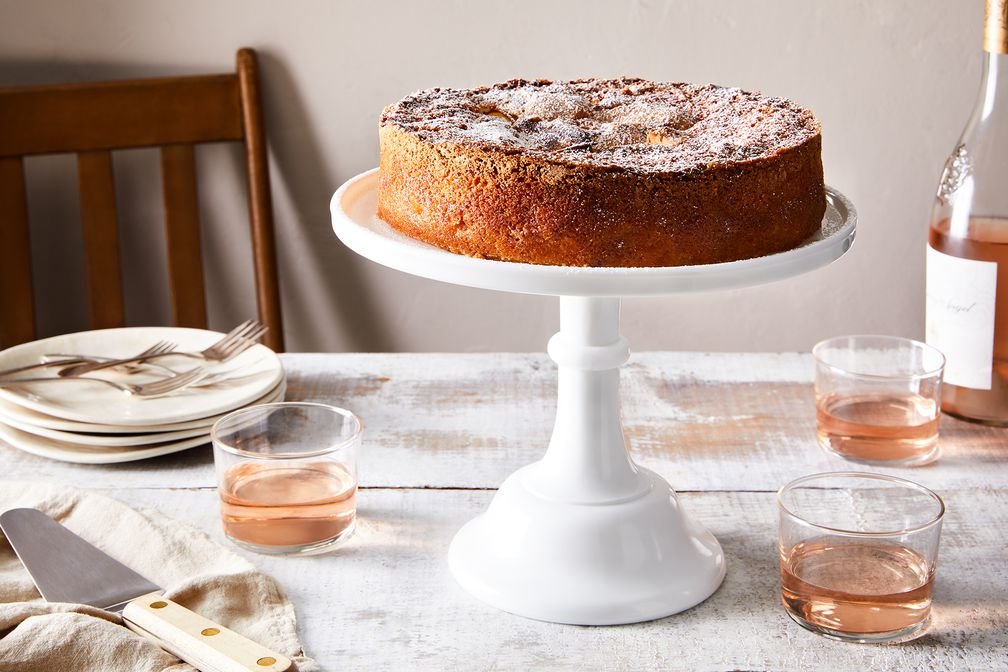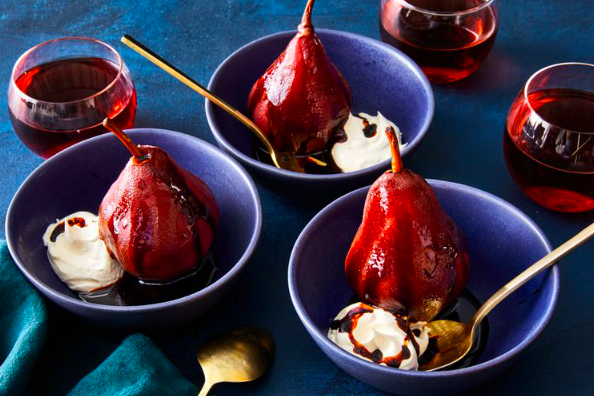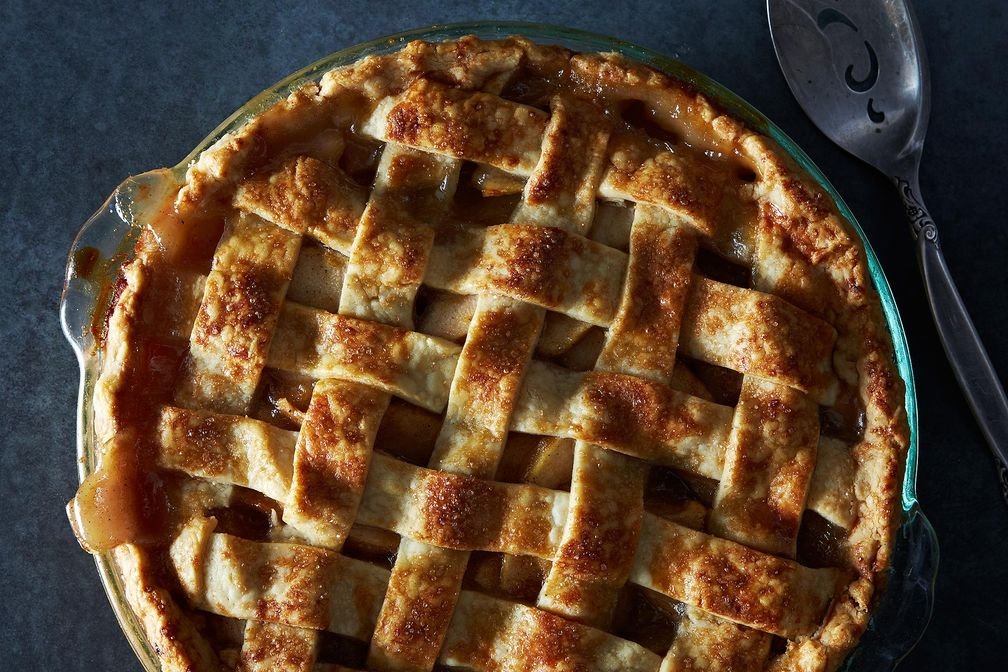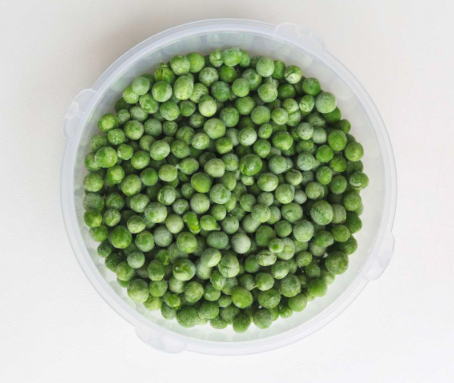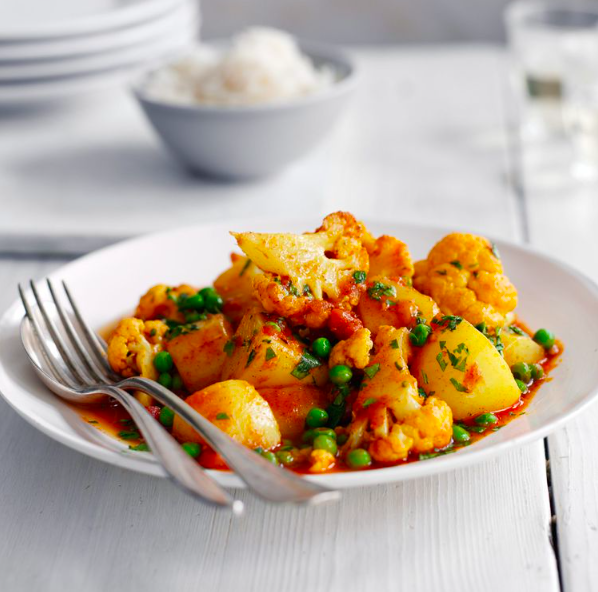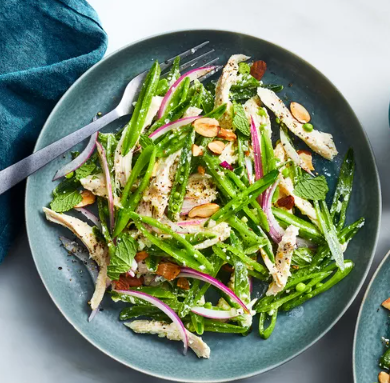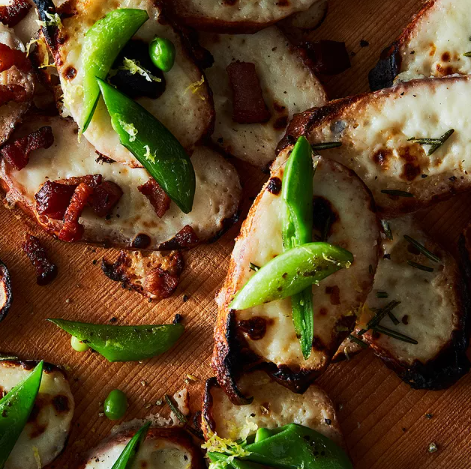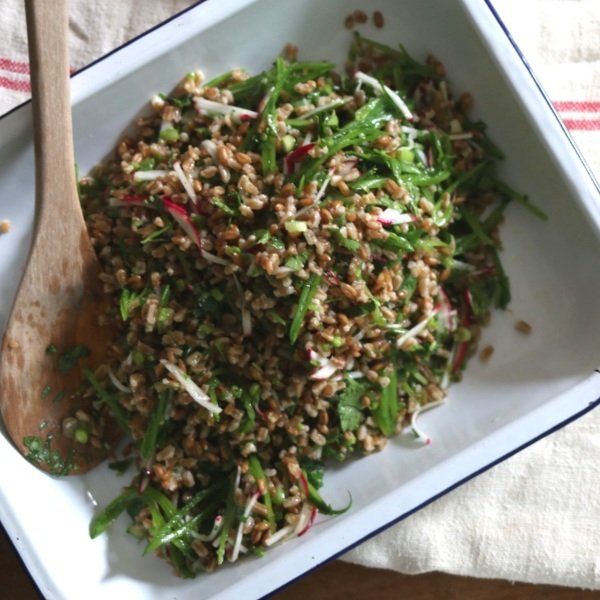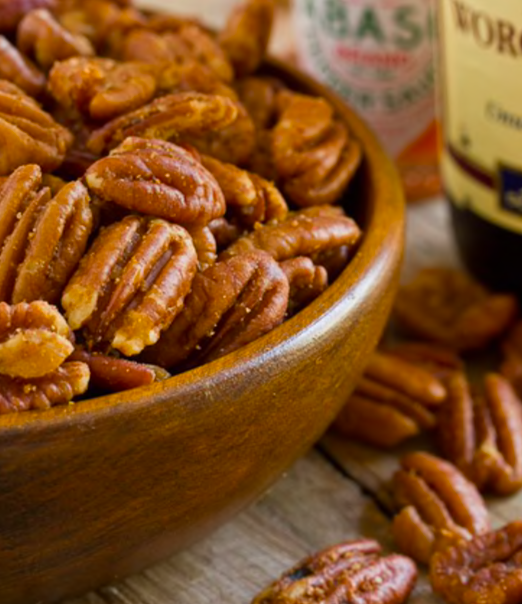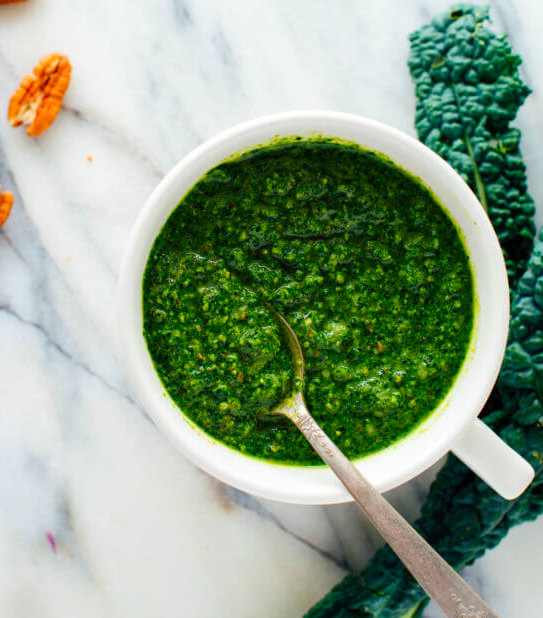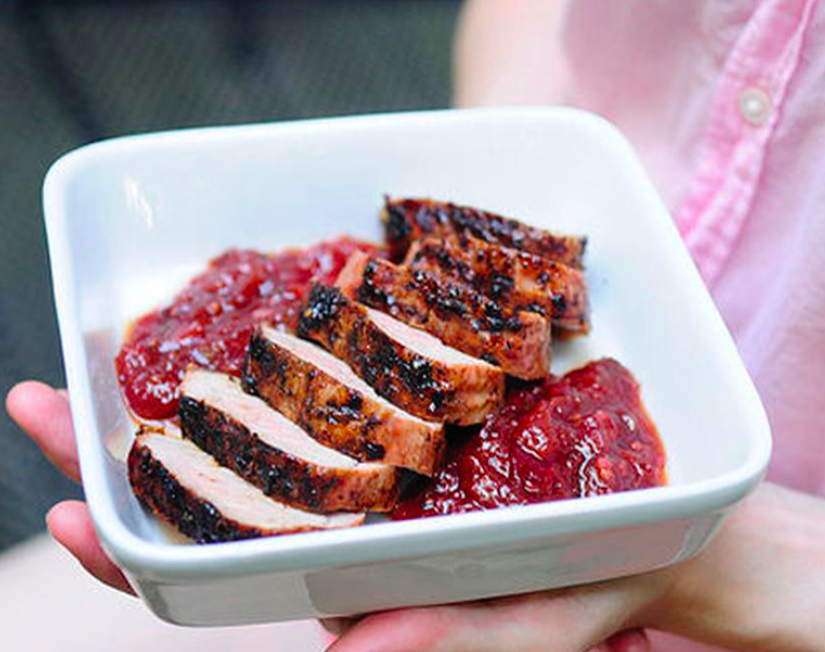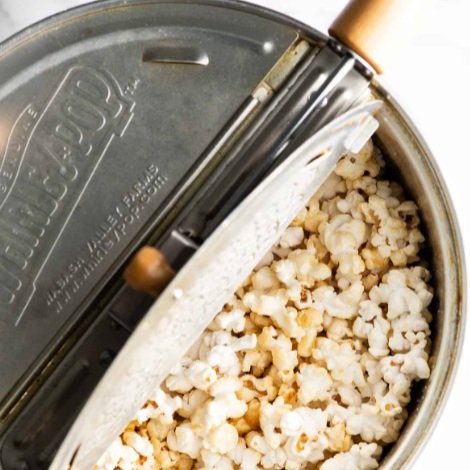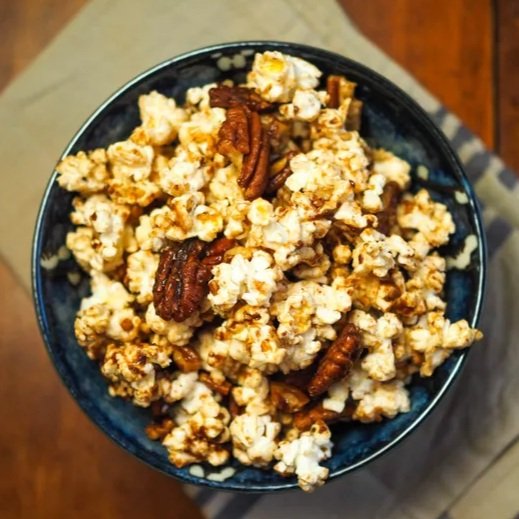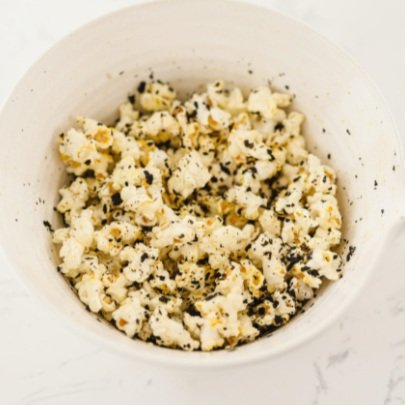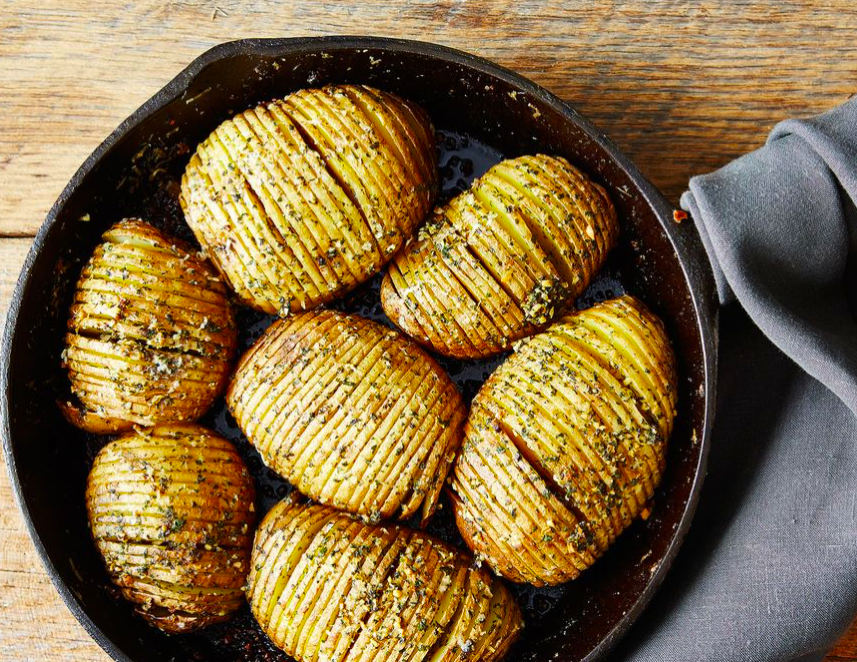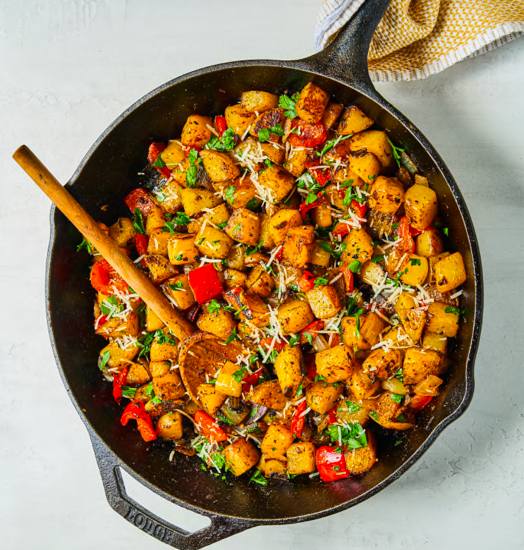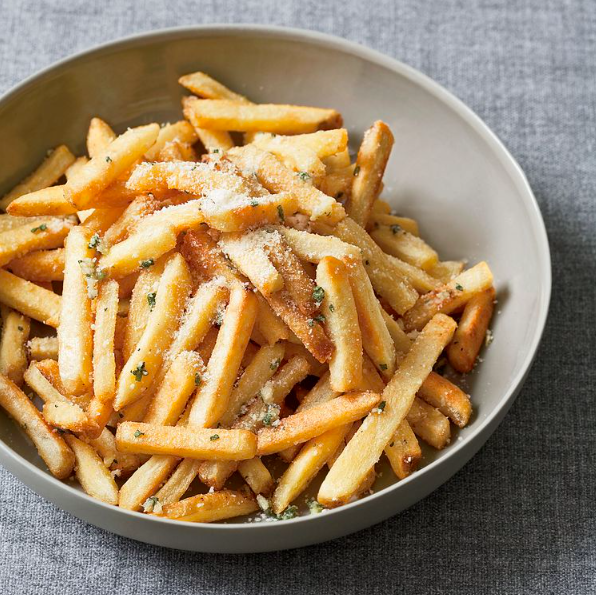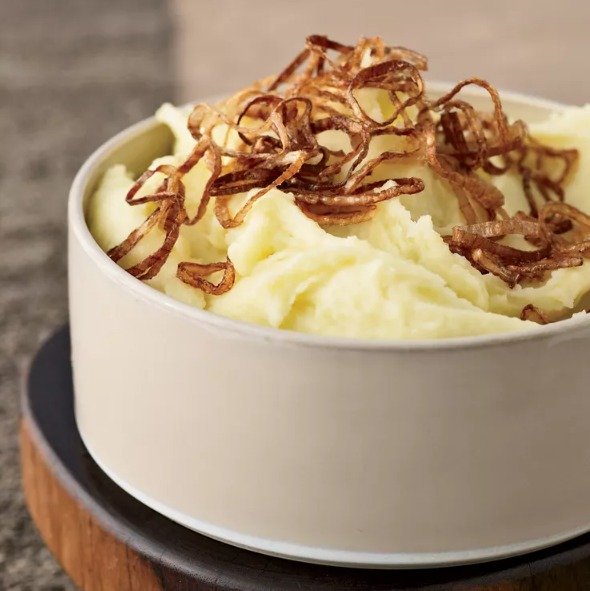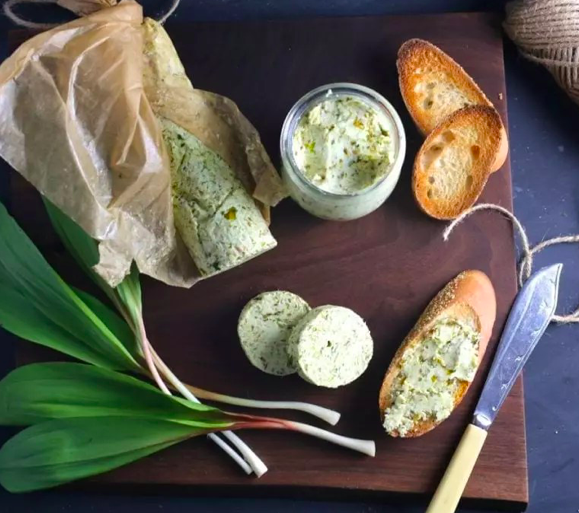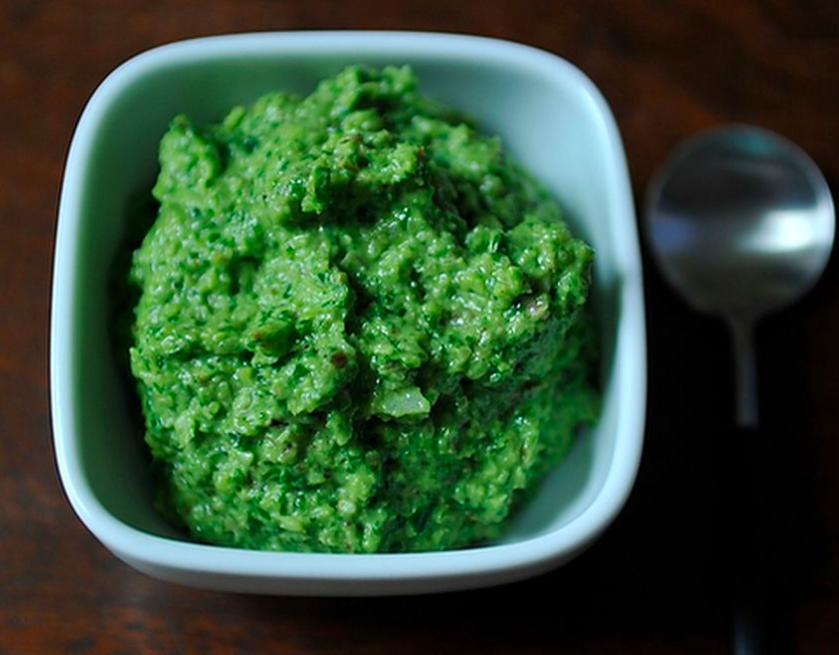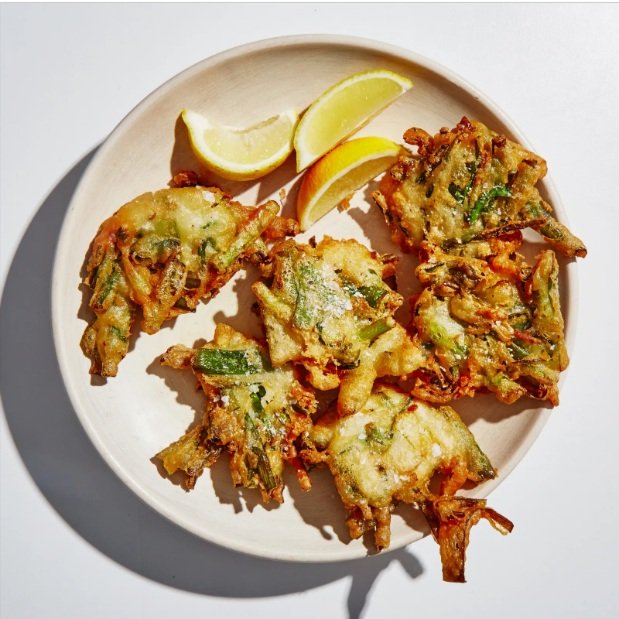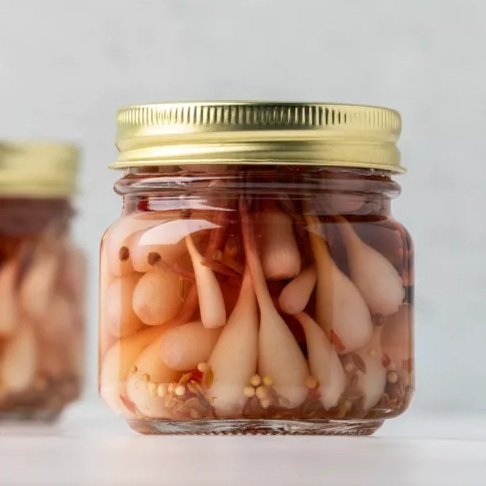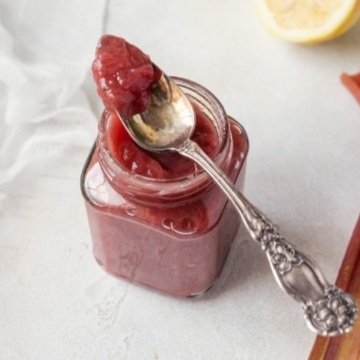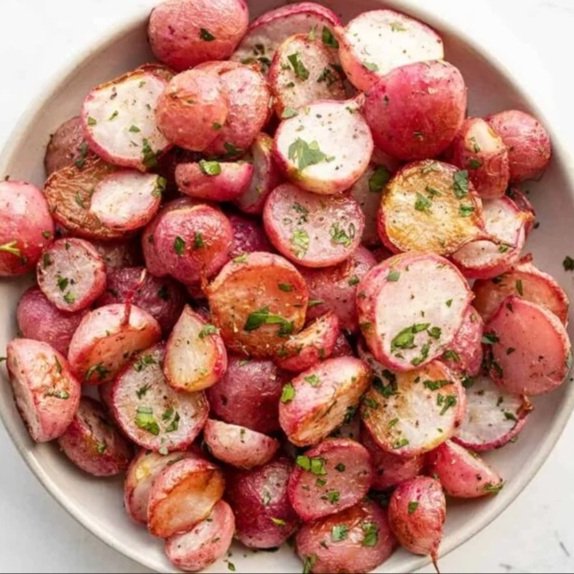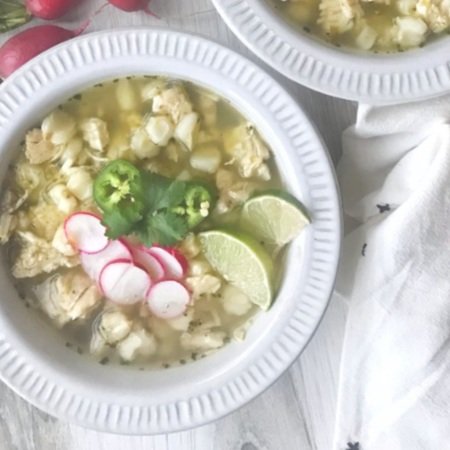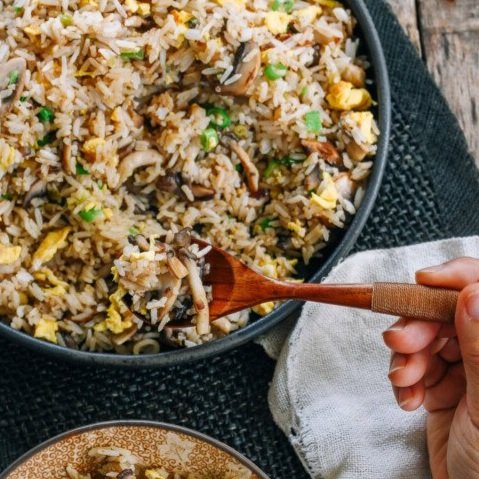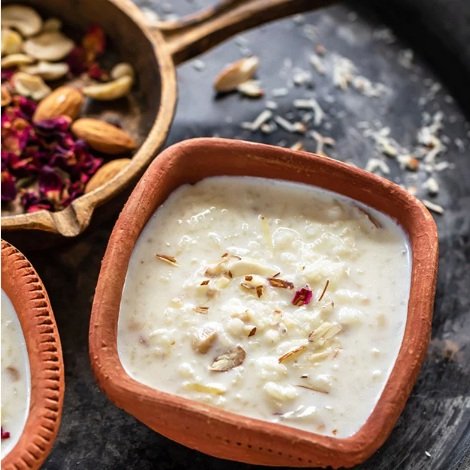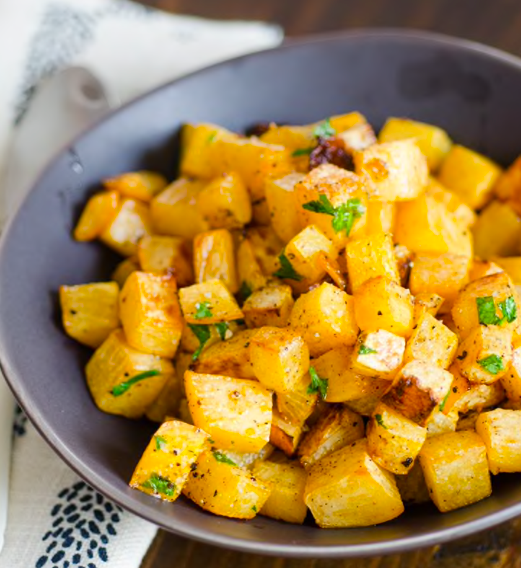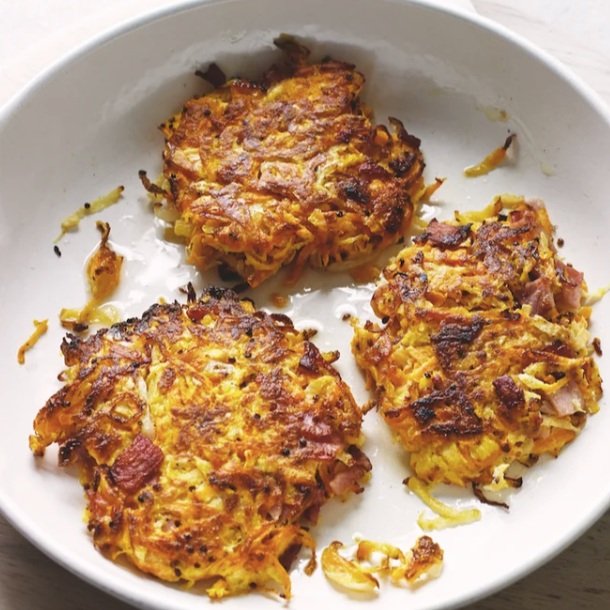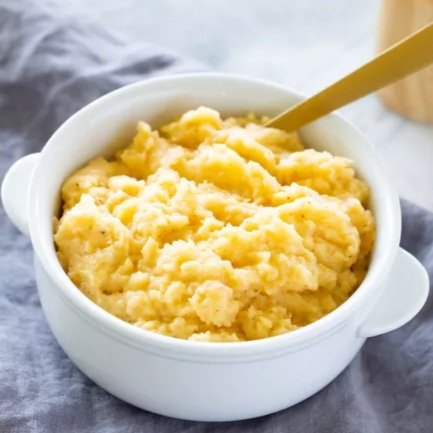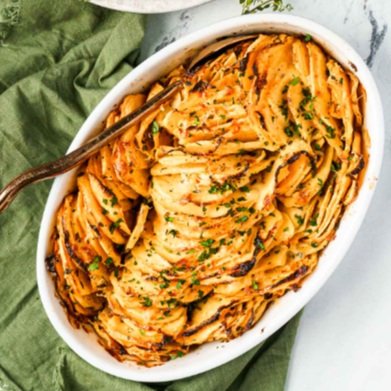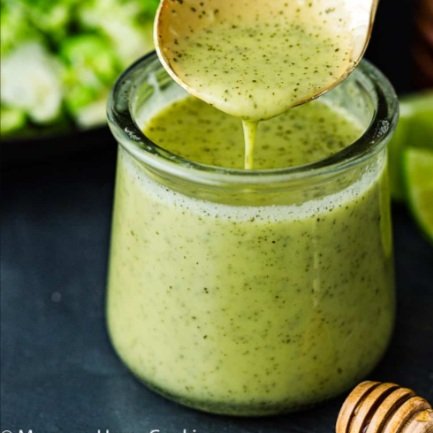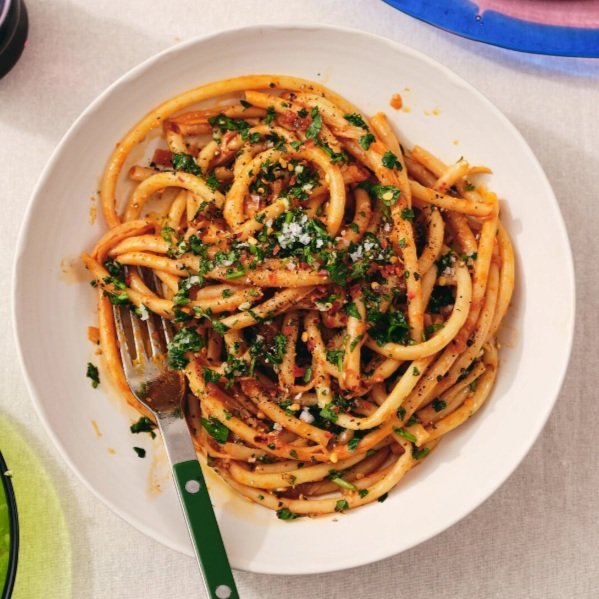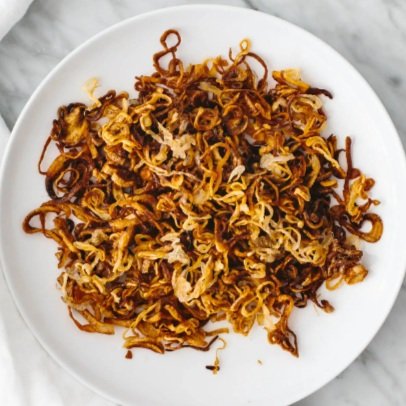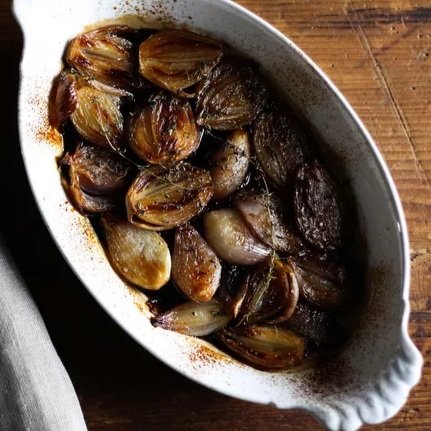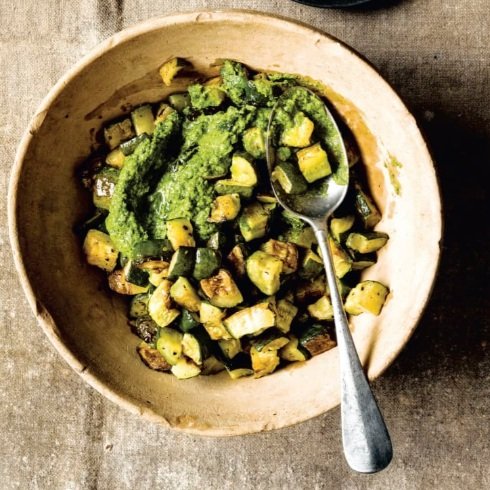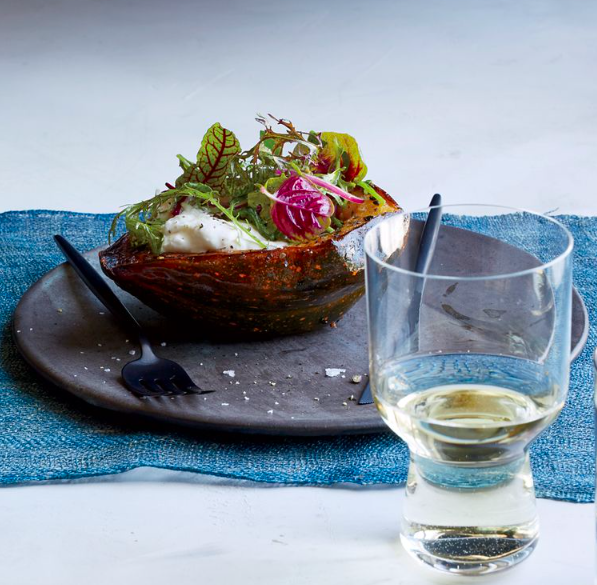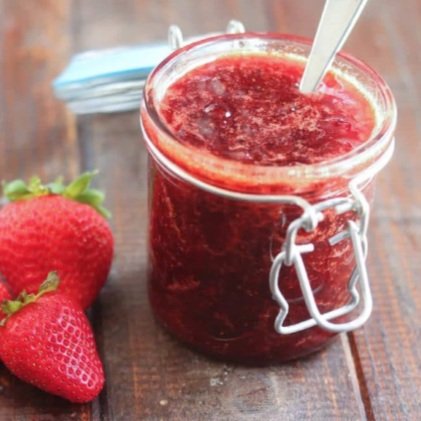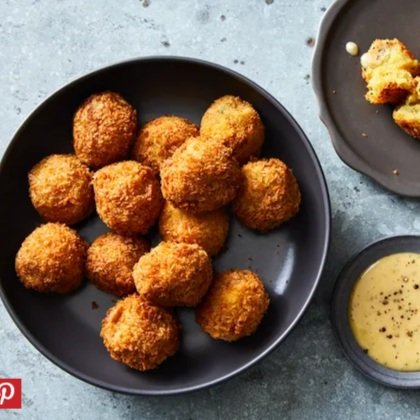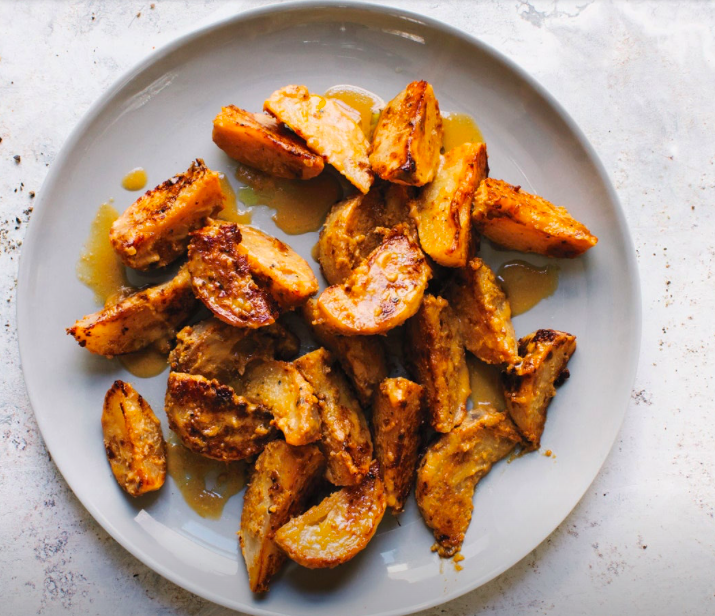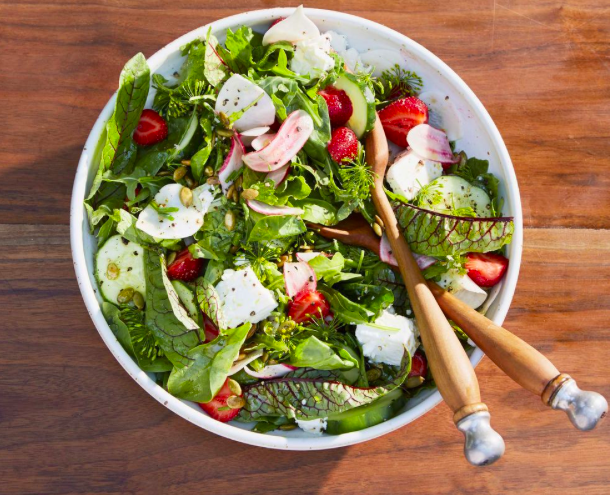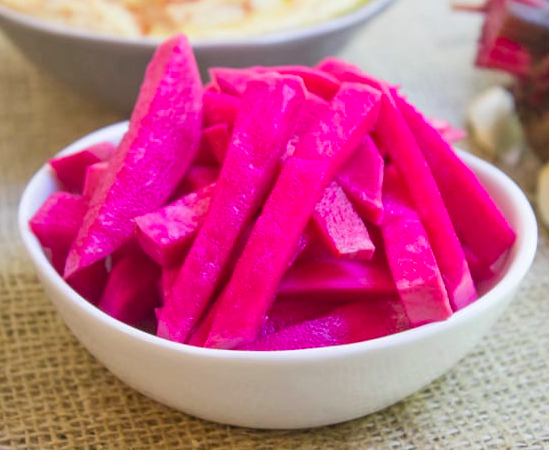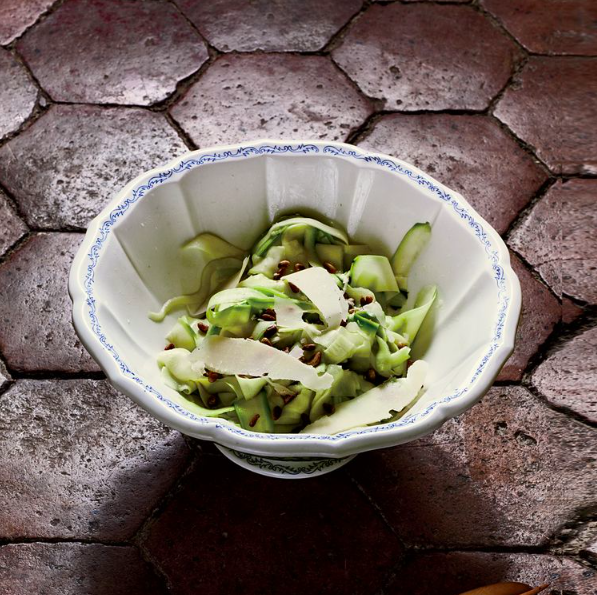Our local produce guide dives into further detail on the items we send you in LUCSA boxes. Find photos, storage and eating tips, and recipe suggestions for all of your favorite midwest fruits and veggies!
Jump to Ingredient
Apples
Keep at a consistent temperature on the counter for up to a week, or in the crisper for up to a month. Some apples are good for eating, some are good for baking, and lots are good for both. Check out this great apple guide for help on what certain apple varieties are best for.
Asparagus
Trim any woody ends from the stems, stand upright in an inch of water in a jar or glass, cover tips with a plastic bag and store in the refrigerator. Change the water if it starts to discolor.
Basil
To keep basil perky for more than a few meals, trim the stems as you would flowers to remove dried-up ends, then stick the bunch in a tall glass of water. Loosely cover the basil with a plastic bag and keep it on the counter. This method allows moisture to stay in while ethylene escapes, making for basil that remains vibrant for nearly a week.
Beans (Dry)
Store beans in a reusable container or plastic bag in a cool, dry place.
Beets
Separate greens from the root for the root to last longer the fridge. Keep the roots dry and tightly sealed in a bag in the crisper for up to a month. Greens should be used within 2 days.
Berries
Don't wash or remove stems until you are ready to eat your berries. Pick through your berries and remove any bad ones. Store in the fridge on a paper towel to absorb excess moisture. Berries should keep in the fridge for 3-4 days. If you are going to freeze berries, trim off stems and freeze on a sheet tray then transfer to a plastic bag once fully frozen.
We typically have plenty of blueberries to go around throughout the summer season, and we sometimes get our hands on some raspberries, juneberries (a.k.a. serviceberries, a.k.a. saskatoon berries) and mulberries. See our notes on Strawberries here.
Bok Choy
Store in the crisper drawer of your refrigerator - unwashed and in a perforated plastic bag - and use within a few days. When you do use it, remember that its cluster of stalks hides dirt, so wash it well.
Bread
Keep your bread cut side down in a bag on your counter for two to three days. At that point you will want to slice or rip/cut your bread into pieces and freeze for future toast or croutons! Because of the oil, the focaccia can mold much quicker than other breads if kept at room temperature. If it’s particularly hot, you may want to move it to the refrigerator after a day or two (the only time we will tell you to refrigerate bread!)
Broccoli
Broccoli should be stored in the fridge. It is best not stored in an air-tight container since it needs air flow to avoid accumulating moisture. You can wrap it a damp paper towel or stored like a bouquet with the stem in a glass of water.
Brussels Sprouts
Store fresh, unwashed, and untrimmed Brussels sprouts — both loose and on the stalk — in a plastic bag in the crisper drawer of the refrigerator. Remove any yellowed or wilted leaves first.
Cabbage
Keep in a plastic bag in the crisper for two weeks.
Carrots
Remove greens to preserve the root longer. Greens can be used within a week and the carrot itself can be stored in the crisper or in a plastic bag for a few weeks.
Cauliflower
Keep in an open or perforated plastic bag in the crisper for up to a week.
Celeriac / Celery Root
Keep loosely wrapped or in an open plastic bag in the crisper for about three weeks.
Celery
Keep in an open plastic bag in the crisper for up to two weeks.
Chard
Remove from compostable green bag. Make sure greens are good and dry. You can wrap the greens in a paper or cloth towel to cut down on extra moisture. Then store in a plastic bag in the fridge for up to a week.
Cherries
Get your cherries in the fridge as soon as possible, preferably wrapped in a plastic bag. Wash them with cold water just before eating. Avoid washing prior to storage, as moisture can be absorbed where the stem meets the fruit and lead to splits or spoilage. Cherries can also be frozen. Pit them, spread them in a single layer on a baking sheet, freeze until firm, and then place in a bag or container.
Chestnuts
Fresh chestnuts, still in their shells, will keep for about a week in a cool, dry place. To store them longer, place them in a plastic bag - perforated to allow for air circulation - and refrigerate them for up to a month.
Cilantro
Loosely wrap in a paper towel and place in an airtight container in the fridge for around 2 weeks.
Coffee Beans
Coffee beans should be stored in an air-tight and opaque container to avoid light and oxygen. Coffee beans are best used within a month of the roast date. They can be stored in the freezer for up to 4 months.
Corn
Corn should be stored in its husk in the refrigerator and eaten quickly - within 2-3 days. The sugars that are found in corn kernels turn into starches quickly once they are picked and it happens even faster if they are kept at room temperature. Freeze your corn to have the delicious taste of summer all year round! You can freeze corn raw but just cutting it off the cob, putting it in a bag, and freezing it.
Cucumbers
Cucumbers store best around 50 degrees. Much colder and they will lose some of their sweetness and are more likely to bruise. You can store them in a cool spot in the pantry or the warmest spot of the fridge. Kept in the fridge they should be used within 3-4 days. Cucumbers are also very sensitive to mold, so make sure they are really dry.
Cranberries
Keep undamaged berries tightly sealed in the refrigerator for up to two months.
Daikon Radishes
Remove greens from the root for the root to last in the crisper or a plastic bag in the fridge. Greens should be used within 2 days.
Edamame
For best quality, use edamame within two to three days of harvesting. Store fresh edamame in a refrigerator in a perforated plastic bag or freeze as described. Properly frozen edamame will retain its flavor and quality up to 12 months. Refrigerate recipes containing edamame and use within four days. Freezing: Fill a large stockpot with water. Stir in approximately 1 tablespoon of salt for every gallon of water. Heat to a rapid boil. Fill a large bowl with water and add ice. Place a towel flat on the table or countertop near the bowl. Label gallon- or quart-sized zip-top freezer bags with the date. Place the fresh edamame in a strainer. Immerse the strainer with edamame into the boiling water for approximately three minutes. Begin timing as soon as the beans are in the water, not when the water returns to a boil. Remove the strainer of edamame from the boiling water and plunge it into the bowl of ice water for a few minutes; remove and shake off excess water. Place the edamame on the paper towels and dry quickly. Put the desired amount of edamame into each labeled freezer bag and freeze immediately.
Eggs
You can freeze your eggs to make them last longer. Crack and scramble in a container, or crack whole into oiled muffin tins, and keep frozen for up to 6 months.
Eggplant
Keep cool and dry around 50 degrees if possible, or in an open bag in the fridge. Use within a week.
Fennel
Remove greens to preserve the stem longer. Greens can be used within a week and the white part can be stored in a bag in the crisper for a month or so.
Garlic
Keep cool and dry on the counter for up to a month.
Ginger
Keep dry in a closed plastic bag in the crisper for up to three weeks.
Grapes
Remove from the green compostable bag. Store in crisper and allow for some air flow to minimize moisture.. These go quick so eat within 2-3 days.
Green Garlic / Scapes
Keep green garlic and garlic scapes in your refrigerator's crisper drawer in loose plastic or mesh bags so that air circulates around them. They should stay fresh for at least one week and up to two weeks. You can always just use green garlic and garlic scapes the same way you do regular garlic!
Green Beans
Store unwashed fresh beans in a reusable container or plastic bag in the refrigerator crisper. Use or freeze within about 2 weeks.
Ground Cherries
Kept in their papery husks, ground cherries will keep in the refrigerator for at least a week, and up to ten days. Ensure that your ground cherries are dry as moisture speeds up the fruit’s decay.
Herbs, Woody (lemongrass, thyme, rosemary, sage, etc.)
Keep dry in a plastic bag in the crisper for a week for thyme, two weeks for rosemary and a month for lemongrass. All are great dried!
Kale
Remove from compostable green bag. Make sure greens are good and dry. You can wrap the greens in a paper or cloth towel to cut down on extra moisture. Then store in a plastic bag in the fridge for up to a week. Or keep on counter in a glass of water like a bouquet!
Kohlrabi
Remove greens, keep in a sealed plastic bag in the crisper for up to a week. Keep root or stem dry in a plastic bag in the crisper for up to three weeks.
Leeks
Gently wrap and keep in your crisper for up to a month. Keep the dark greens in your freezer for stock!
Lettuce
The lettuce will come in a green compostable bag, remove your greens from the bag and store them in a plastic container or bag with a paper towel covering them for up to a week in the fridge.
Medlars
To be eaten raw they may need to be stored before using. Ideally briefly dip the stalks in a saturated salt solution, this prevents rotting. Store the fruit eye downwards and not touching in trays in a cool, dark place. Use when the fruit is 'bletted', that is, the flesh softens and turns brown, but not rotten.
Melons
Ripen at room temperature on your counter. Melon will give off a noticeable aroma of melon when it is ripe and the flower end of the melon will have some give. Cut up into slices or squares and you can keep refrigerated for a week. If you do not want to cut the entire melon, leave the seeds in the uncut half and cover with plastic wrap.
Microgreens
Remove your greens from the bag and store them in a plastic container with a paper towel covering. Use within a week.
Mint
Store mint wrapped in a damp paper towel in the fridge for 2-3 weeks. Mint can also be dried or frozen to be able to use through the whole year. A simple way to freeze mint is to coarsely chop the leaves, put a spoonful in an ice cube tray, fill the rest of the mold with water and freeze them for mint cubes.
Mushrooms
Keep out of plastic. Open up your paper bag to reduce moisture. Smoke, dehydrate or par-cook and freeze for longer storage.
Okra
Fresh okra is very perishable. Keep no more than two to three days in the refrigerator. Store in a paper bag or wrapped in a paper towel and placed inside a perforated plastic bag to keep pods very dry. Moisture causes pods to become slimy.
Onions
Keep cool, dry and out of direct light, on your counter, in a cupboard or in a perforated paper bag, for a few weeks.
Onions (Spring)
Spring onions can be kept on the counter for two days but will then start to wilt. You should keep their greens dry. After a couple days they should be stored in the fridge in a loose plastic bag with the greens wrapped in a paper towel.
Parsley
Loosely wrap in a paper towel and place in an airtight container in the fridge for around 2 weeks. Parsley is great as a salad base with other lettuces, in a sauce like pesto, in a grain or bean salad, in a frittata, or sprinkled over almost anything.
Parsnips
Keep in a plastic bag in the crisper for up to a few weeks.
Pawpaws
Let them ripen on the counter until they are brown. They can be held in the fridge if they are already ripe.
Peaches
Keep your peaches on the counter until they reach desired ripeness. To ripen faster, store them in a brown paper bag. Once ripe, you can move them to the fridge to keep them for a couple days longer.
Pears
Keep at consistent temperature on the counter for up to a week, or in the crisper for up to a month.
Peas
Peas tend to get mushy and moldy fast. They can be stored in the fridge for a few days whether you shell them or not. If you aren't going to have time to eat them in a day or two, shell them, blanch them and freeze them to keep them sweet and perfect.
Peas (Sugar Snap)
Snap peas can be refrigerated in a plastic container for up to 3 days.
Pecans
Store in an airtight container in a cool area, storing in the fridge or freezer will prolong their freshness.
Peppers
Store dry in an open plastic bag in the crisper for up to two weeks.
Plums
Store unripened plums at room temperature to ripen. Place in paper bag to speed up the process, but check frequently because they are extremely perishable. You can store them for a couple extra days in the fridge once they are ripe.
Popcorn
Store popcorn in a cool place such as a cupboard out of direct sunlight. Avoid the refrigerator. Some say the cold storage makes the popcorn taste better, but many refrigerators contain little moisture and can dry out kernels.
Potatoes
Keep cool, dry and out of direct light, on your counter, in a cupboard or in a perforated paper bag, for a few weeks.
Preserved Lemon
Ramps
Keep greens dry and keep in a plastic bag in the fridge. You can also wrap the bulbs with a damp paper towel to keep them for longer.
Rhubarb
You can keep rhubarb stalks wrapped in a plastic bag in the fridge for a few days. If you snip off the base, place it upright in a jar with an inch of water and cover the tops with a plastic bag, it will last for a week or more. Rhubarb also does really well when frozen and can store for an entire year. Here’s a rhubarb freezing tutorial from Martha Stewart.
Radish (Summer)
Remove greens, keep in a sealed plastic bag in the crisper for up to a week. Keep root or stem dry in a plastic bag in the crisper for up to three weeks.
Rice
Store in a cool dry place out of direct sun.
Rutabaga
Will keep for months in a cool storage place. They store well in plastic bags in a refrigerator or cold cellar.
Salad Greens
Repackage in a non-biodegradable plastic bag or container with a towel or paper towel for up to a week.
Scallions
Stand upright in an inch of water in a jar or glass, cover tips with a plastic bag and store in the refrigerator. Change the water if it starts to discolor.
Shallots
Keep cool, dry and out of direct light, on your counter, in a cupboard or in a perforated paper bag, for up to 6 months.
Squash (Summer)
Summer squash can be stored in the fridge for up to 10 days. Do not wash before putting in the fridge. Store in an open plastic bag so moisture doesn't accumulate.
Squash (Winter)
Keep undamaged squash in a cool, dark, dry place, out of the fridge, for up to 6 months.
Strawberries
Don't wash or remove stems until you are ready to eat your berries. Pick through your berries and remove any bad ones. Store in the fridge on a paper towel to absorb excess moisture. Berries should keep in the fridge for 3-4 days. If you are going to freeze berries, trim off stems and freeze on a sheet tray then transfer to a plastic bag once fully frozen.
Sunchokes (Jerusalem Artichokes)
Keep in a cool, dry, dark area for up to a week, or sealed in a bag with towels or paper towels to absorb moisture for up to three weeks.
Sweet Potatoes
Sweet potatoes should never be cold til cooked! Keep them dry at a stable temperature out of direct light, on your counter or in a cupboard, for up to 6 months.
Tofu
Water-packed tofu (like the extra firm tofu from Phoenix Bean) should be stored fully submerged in fresh water refreshed every couple of days. Dry packed tofu (like the fried extra firm tofu from Phoenix Bean) can be stored in your freezer to significantly extend their shelf life. Thaw frozen products in lukewarm water prior to use. Any tofu not frozen or refreshed in water should be consumed within five days of opening.
Tomatillos
Tomatillos can be kept in the fridge for 2-3 weeks. Store them loose in an unsealed paper bag. To help keep them fresh and free of bruises, don't peel back the husks until you're ready to eat them.
Tomatoes
Tomatoes should be kept at room temperature on the counter away from sunlight. Consume within a few days.
Turmeric
Store it in a brown paper bag or open plastic bag in the refrigerator for up to two weeks or in your freezer for up to six months. When it's close to expiration, you can dehydrate the fresh turmeric to make a dried turmeric powder.
*Note - The greens and stem of the turmeric are edible and have great flavor. The leaves can be tough if eaten whole, but can be sliced thin and eaten raw or used as a garnish. The stems are great to steep to make hot tea, and are amazing when added to stocks for soups. The leaves can also be used in dishes the same way that you use ginger root, and are super fragrant.
Turnips
Remove any greens and clean off any soil. Best stored in the refrigerator crisper or lowest shelf.
Zucchini
Store freshly picked, unwashed zucchini in a plastic bag in the refrigerator for up to one week. The bag should be perforated or loosely tied, not sealed tightly. Do not cut the zucchini until you are ready to use it.




